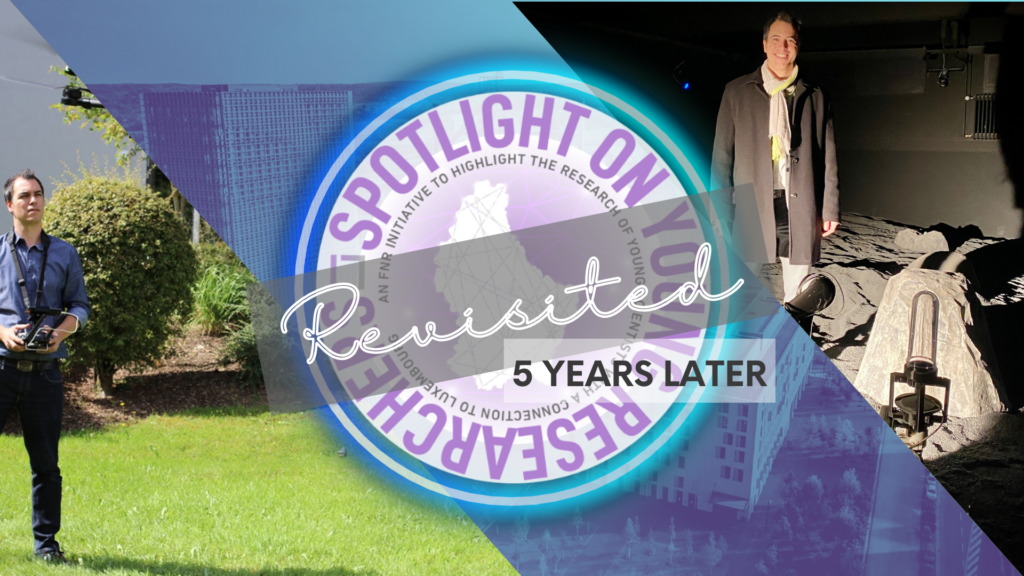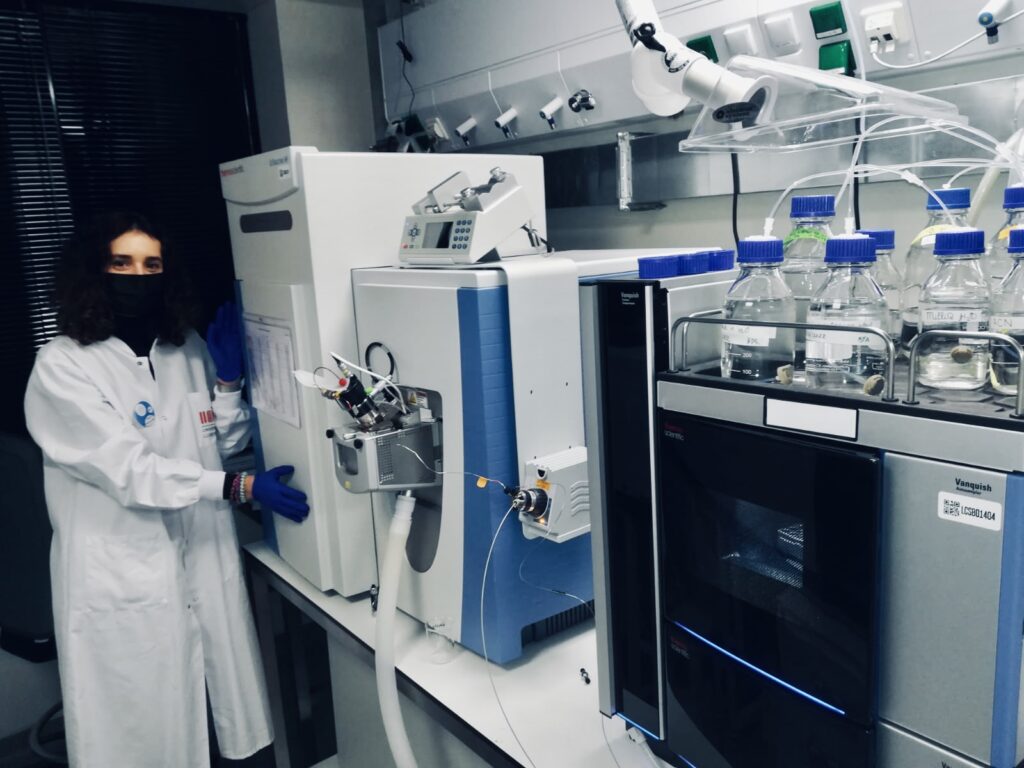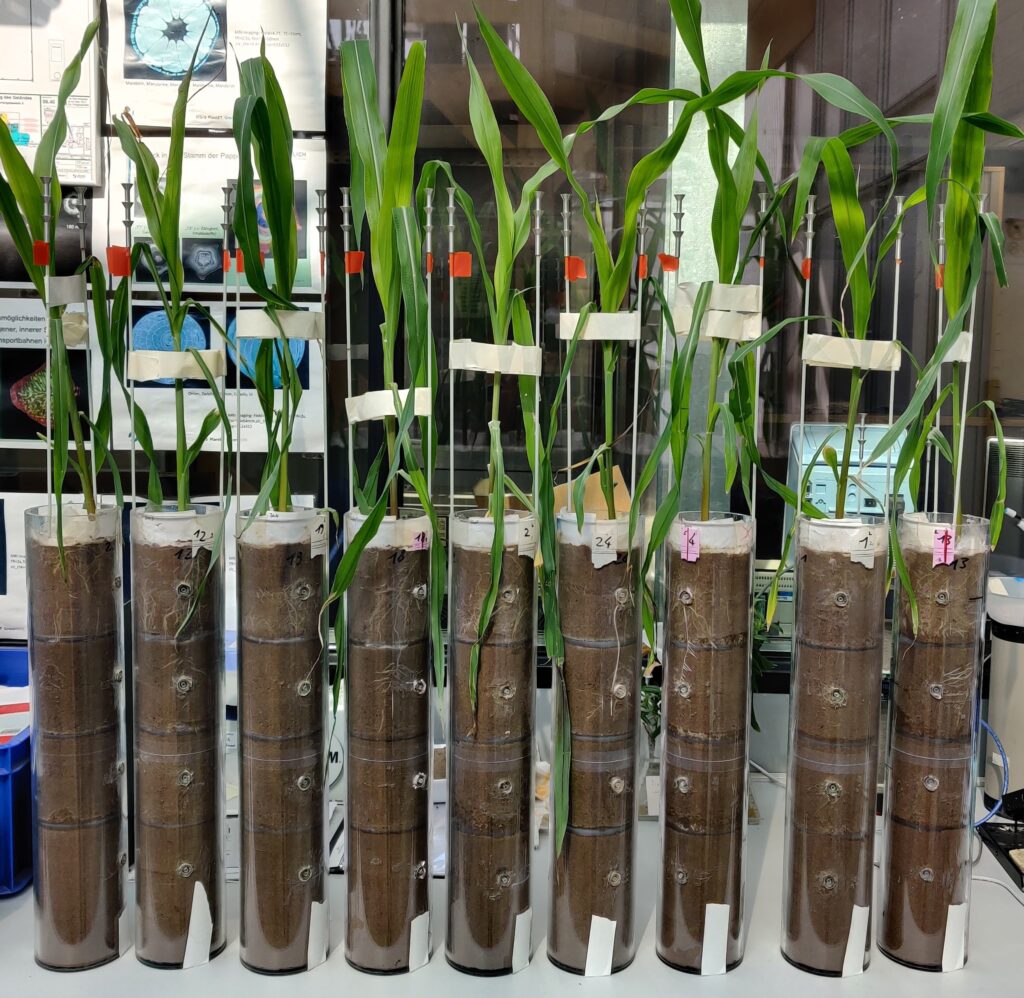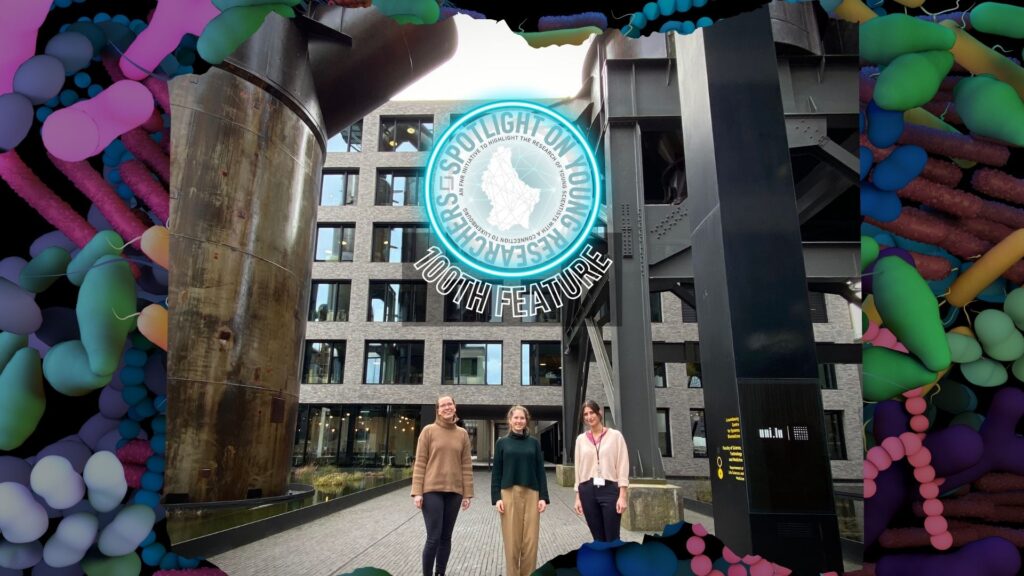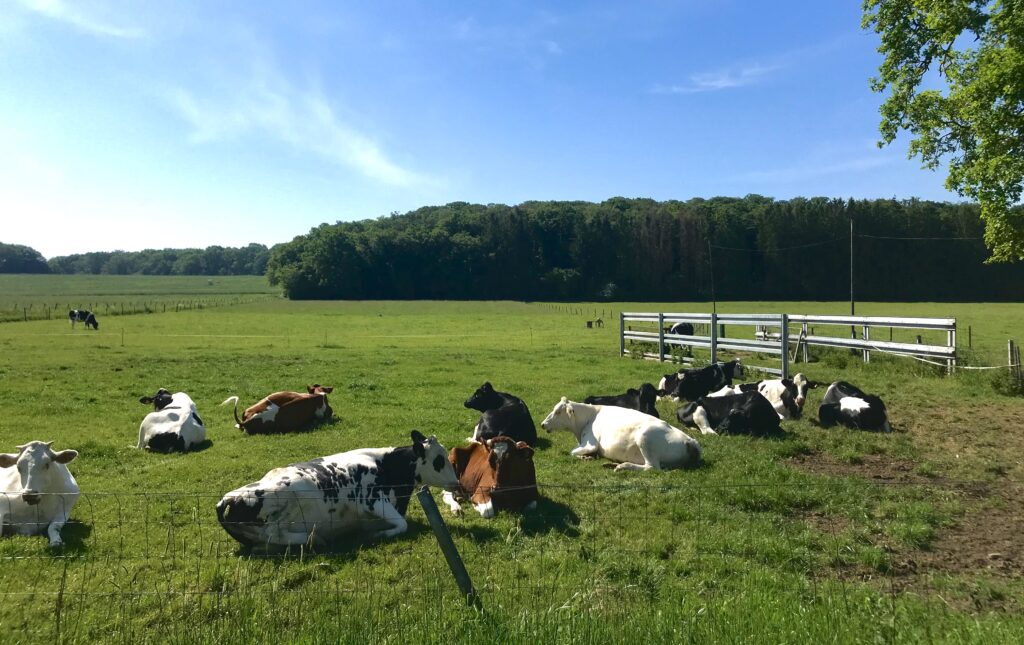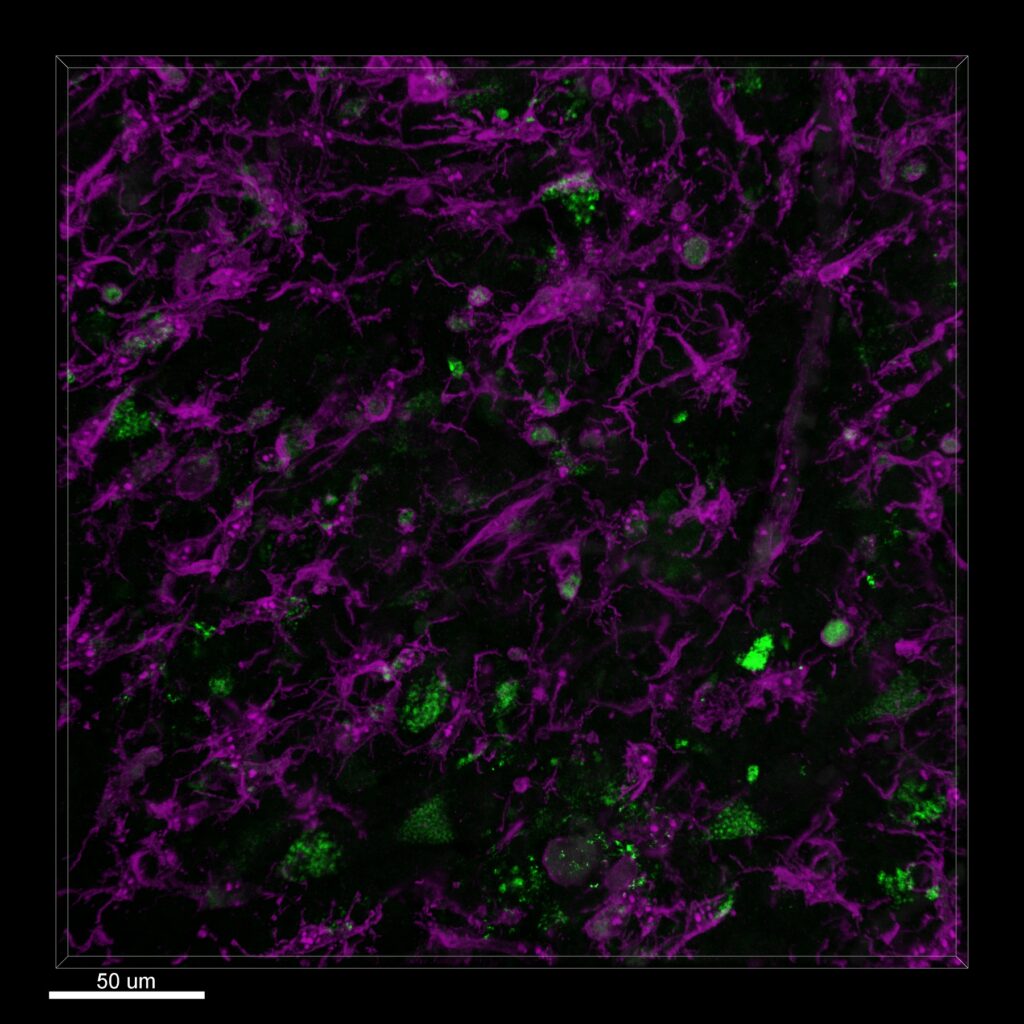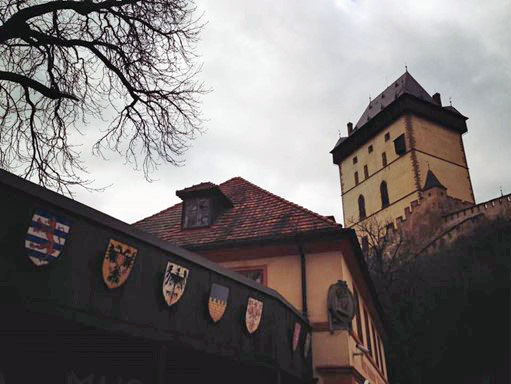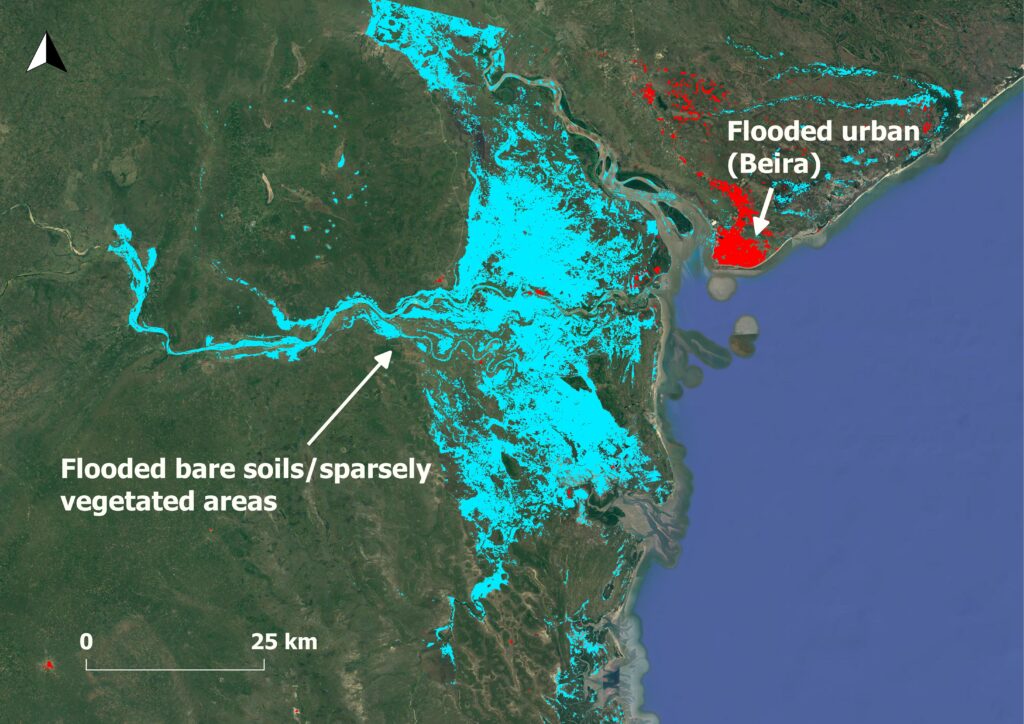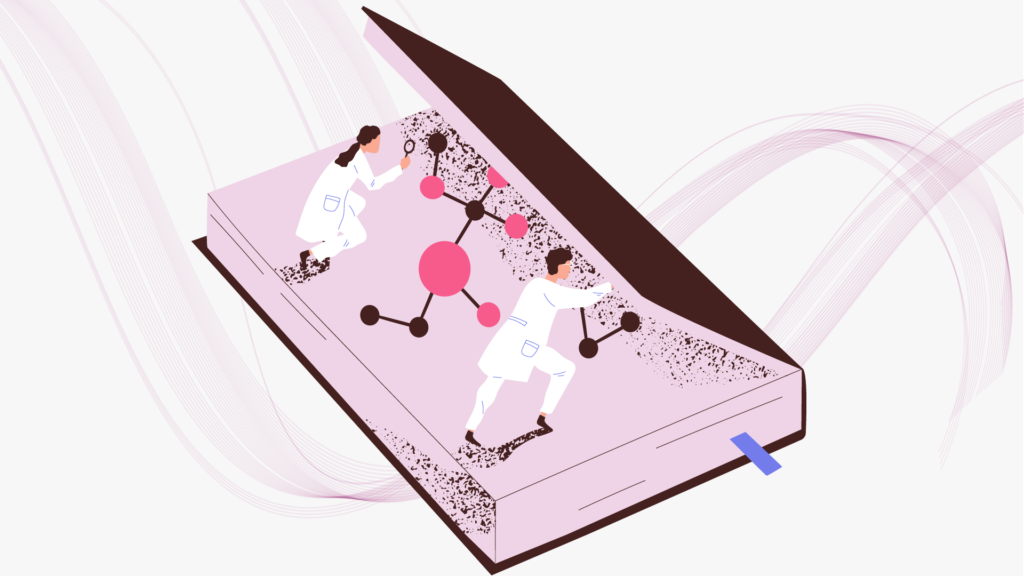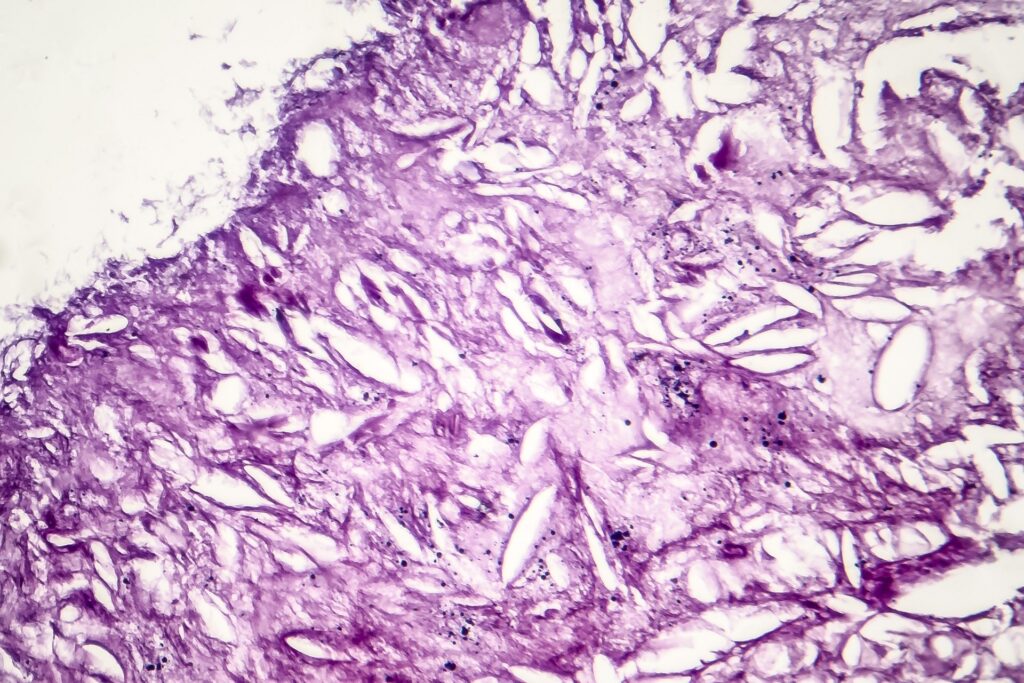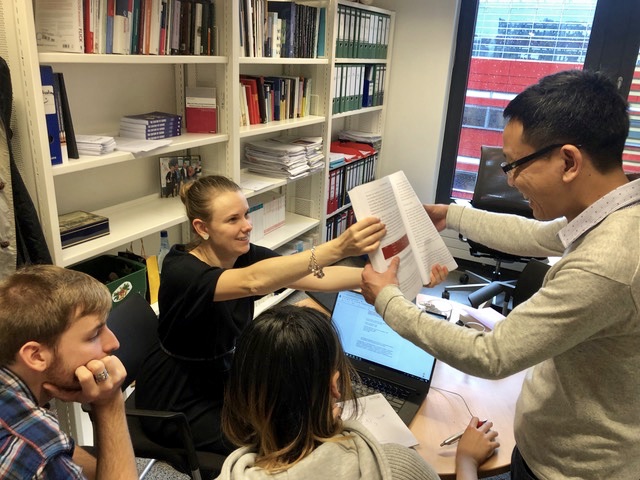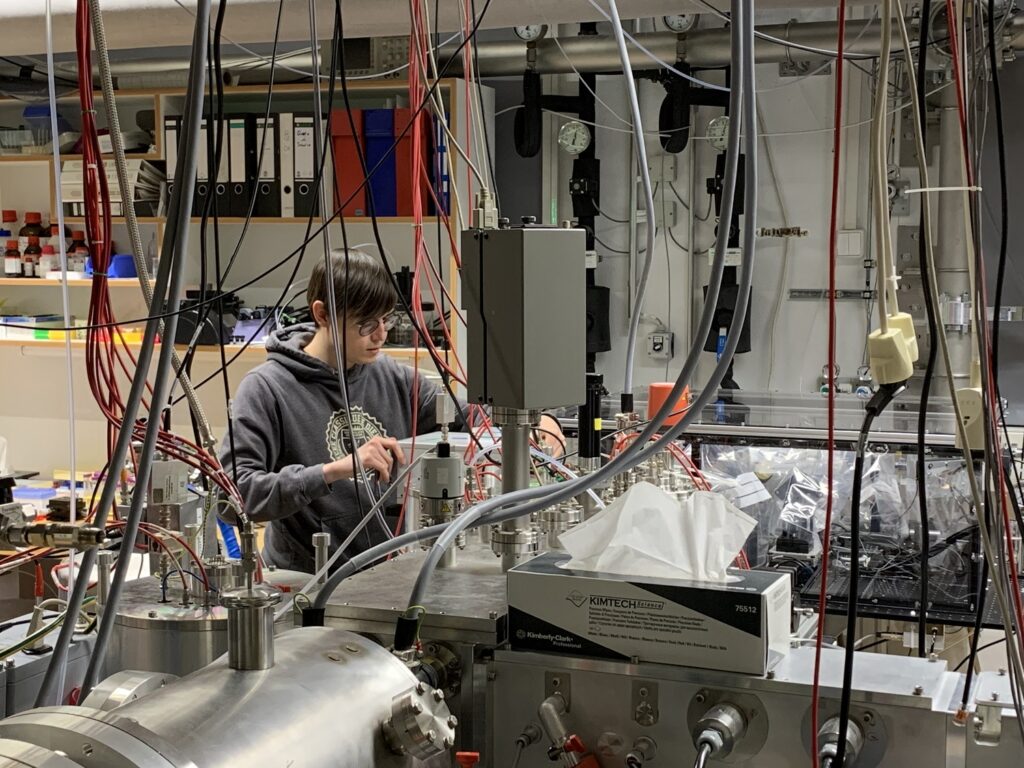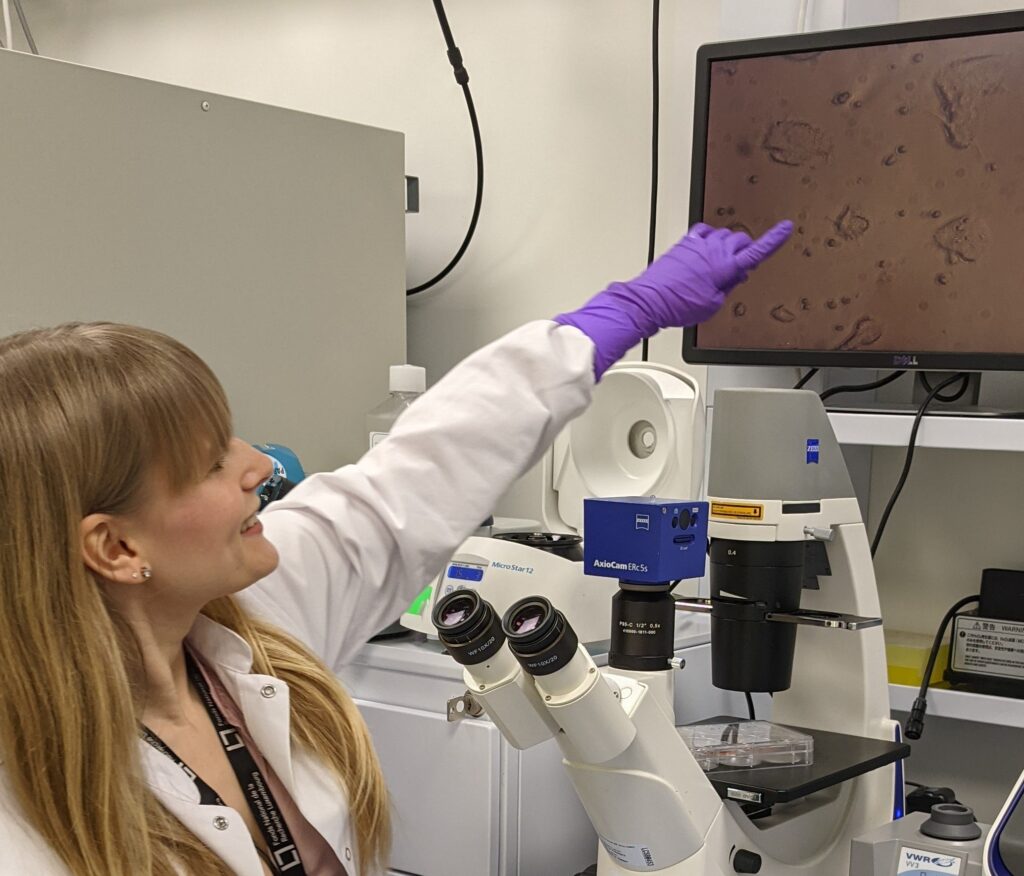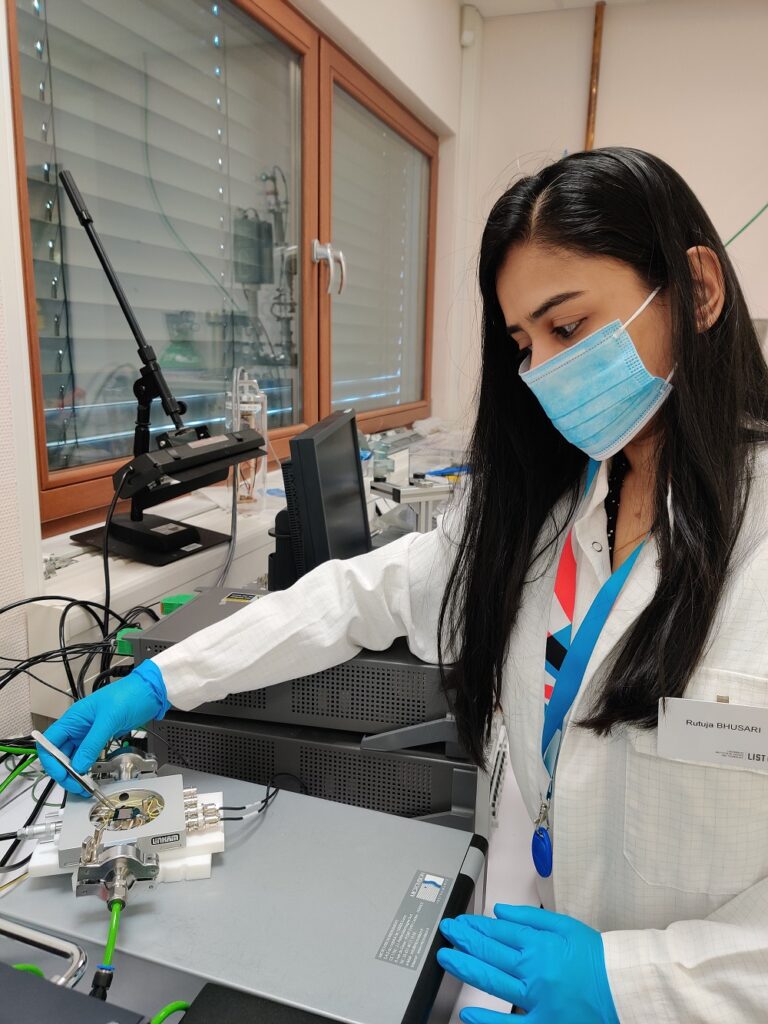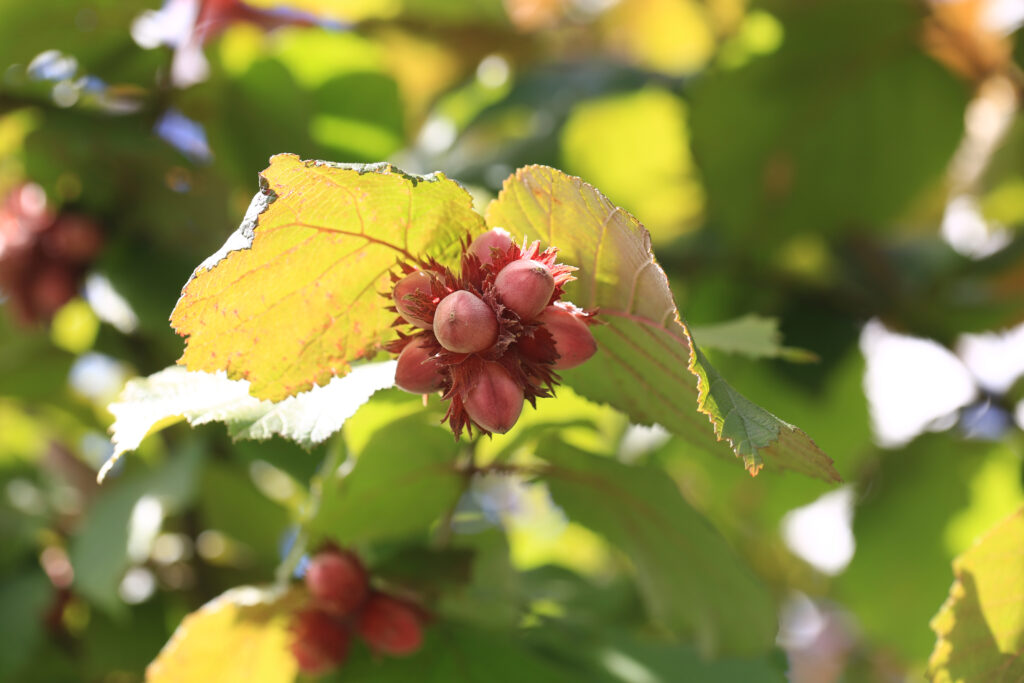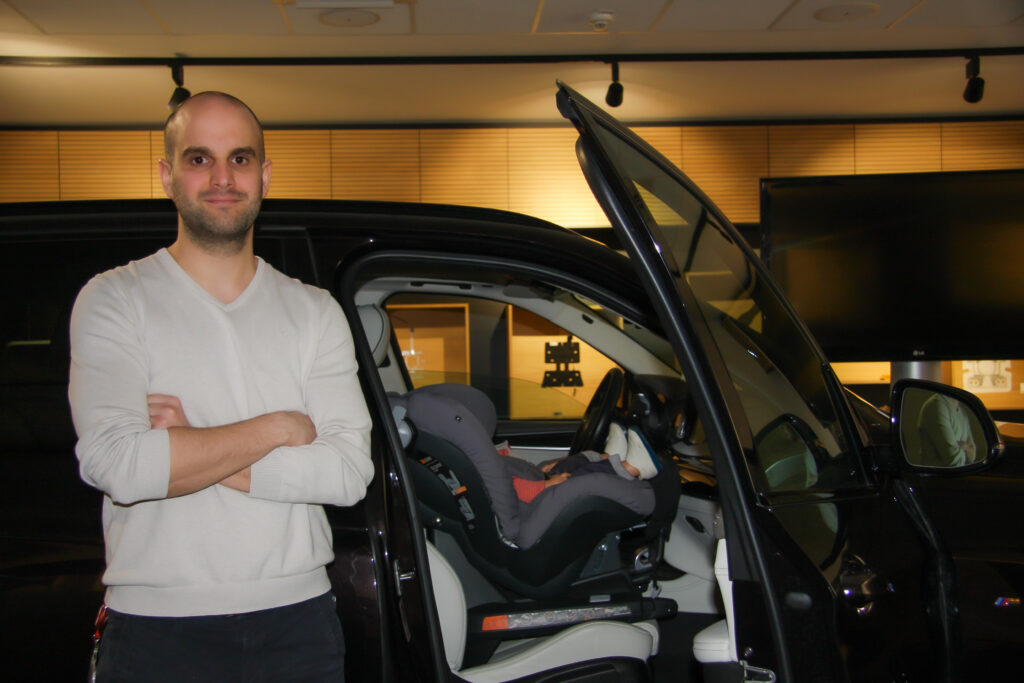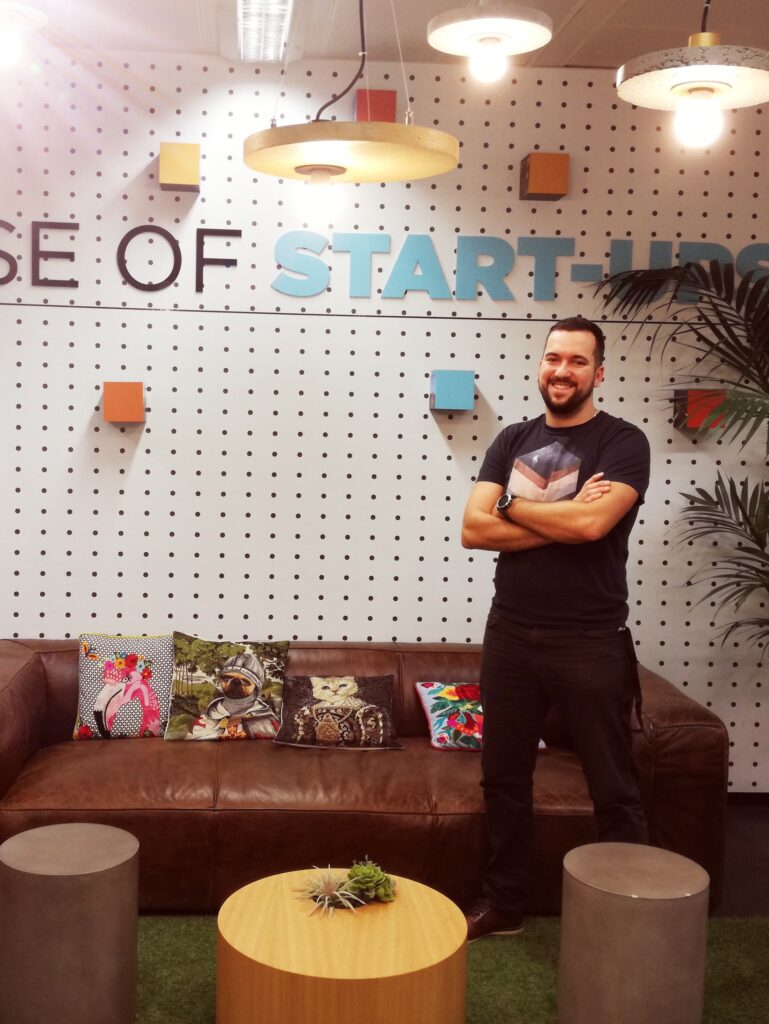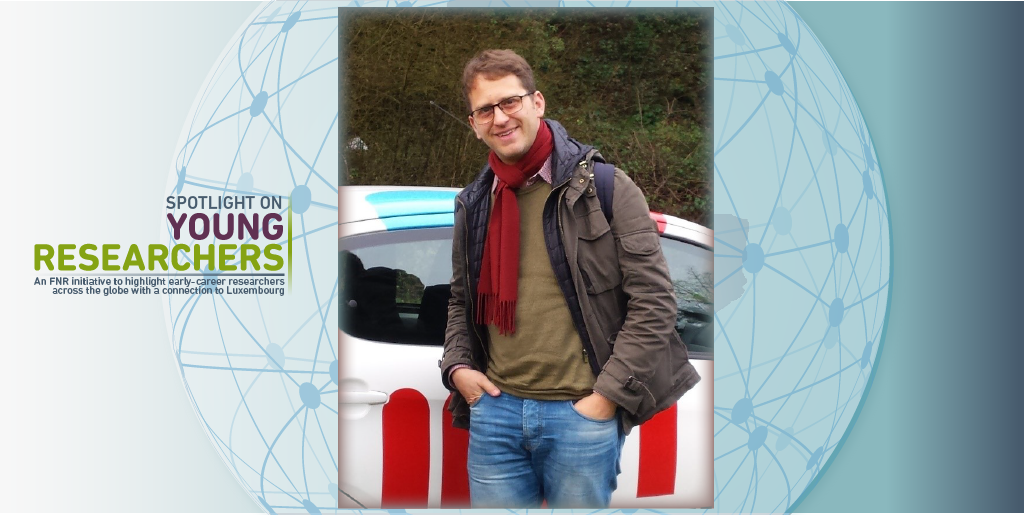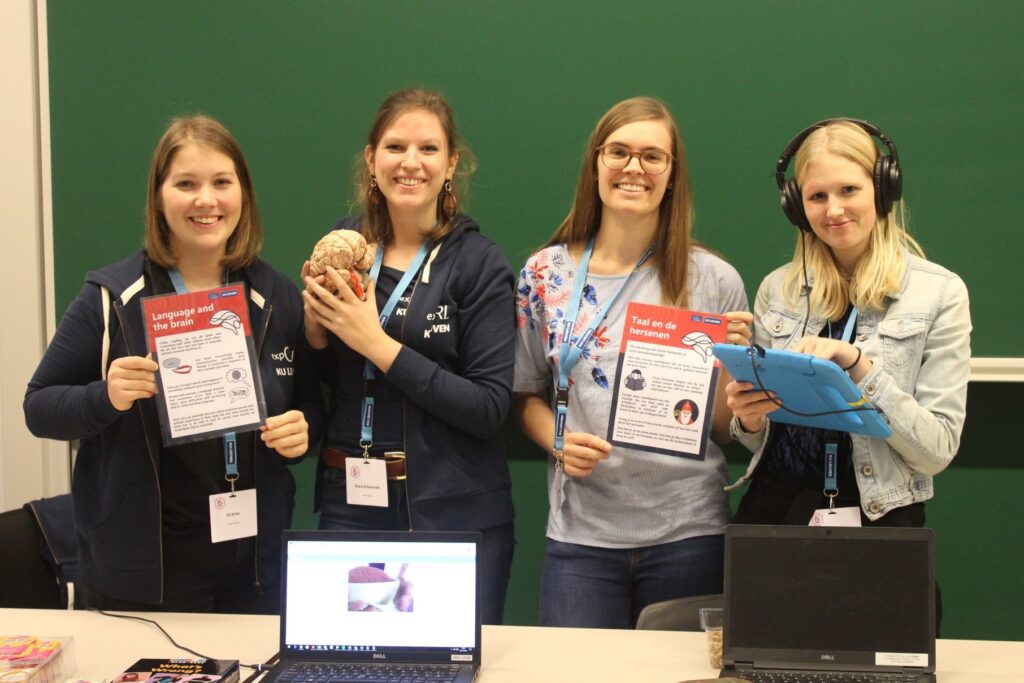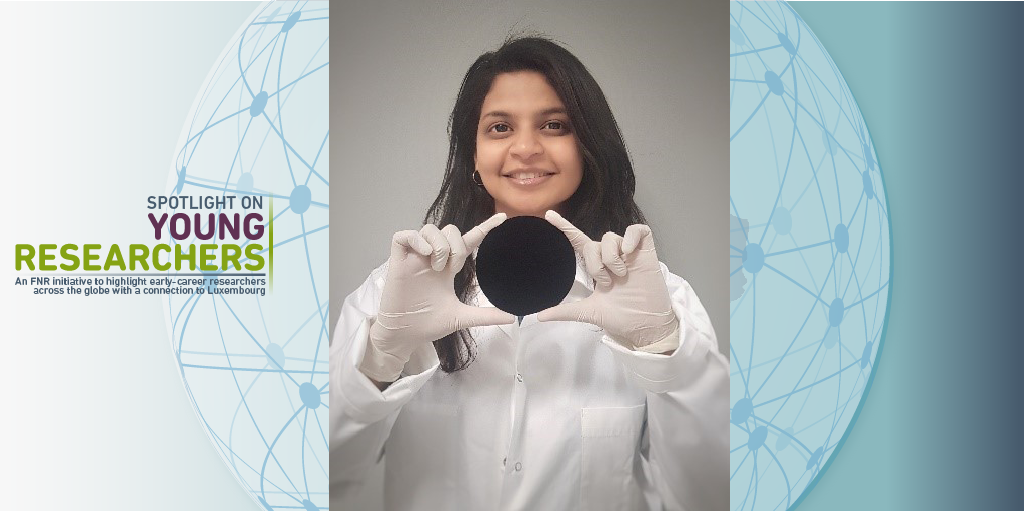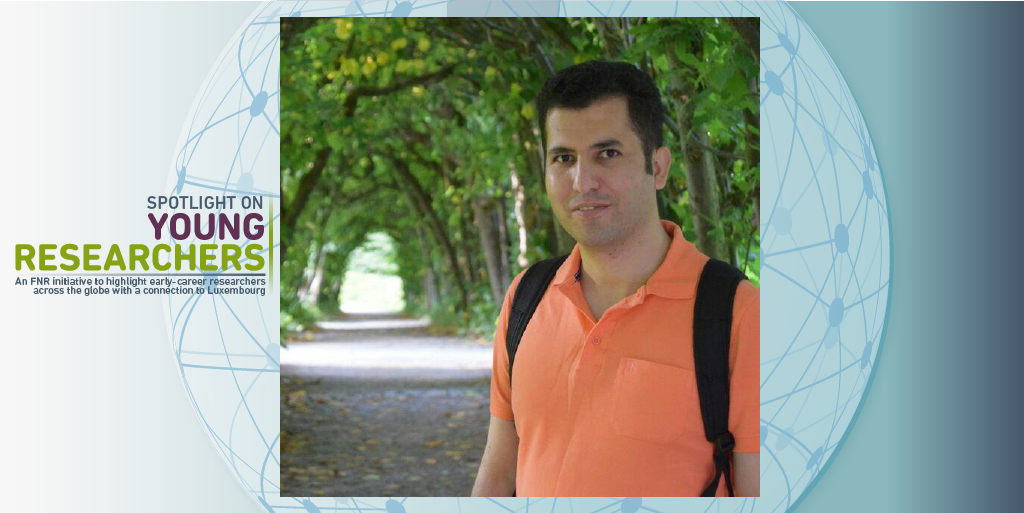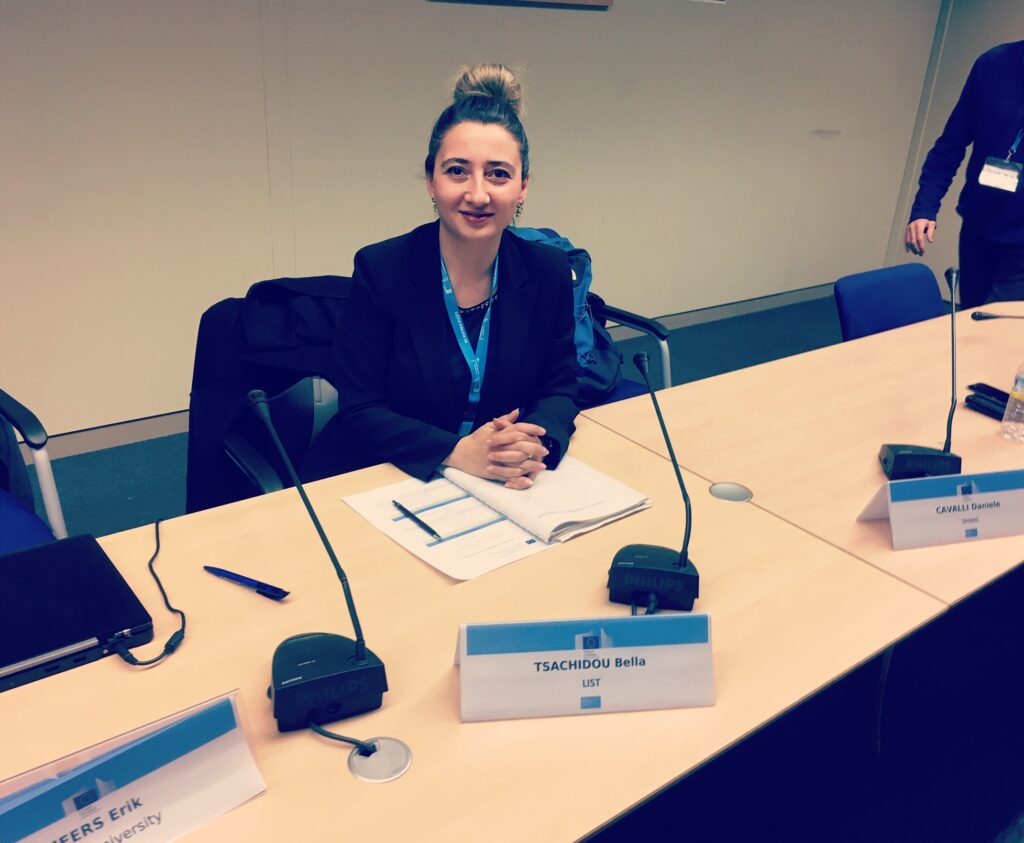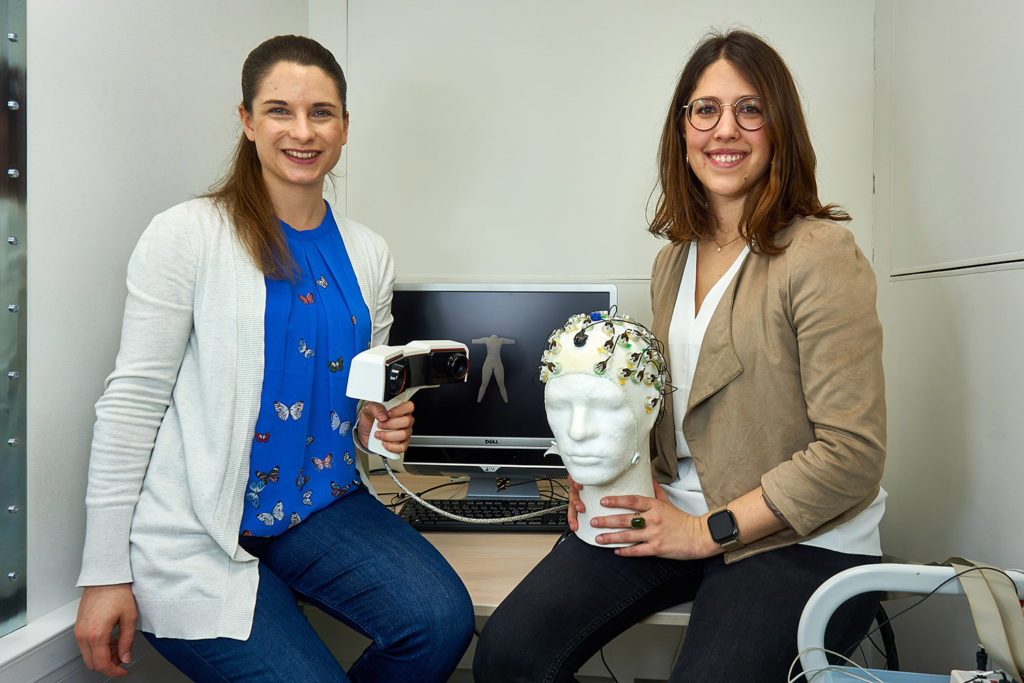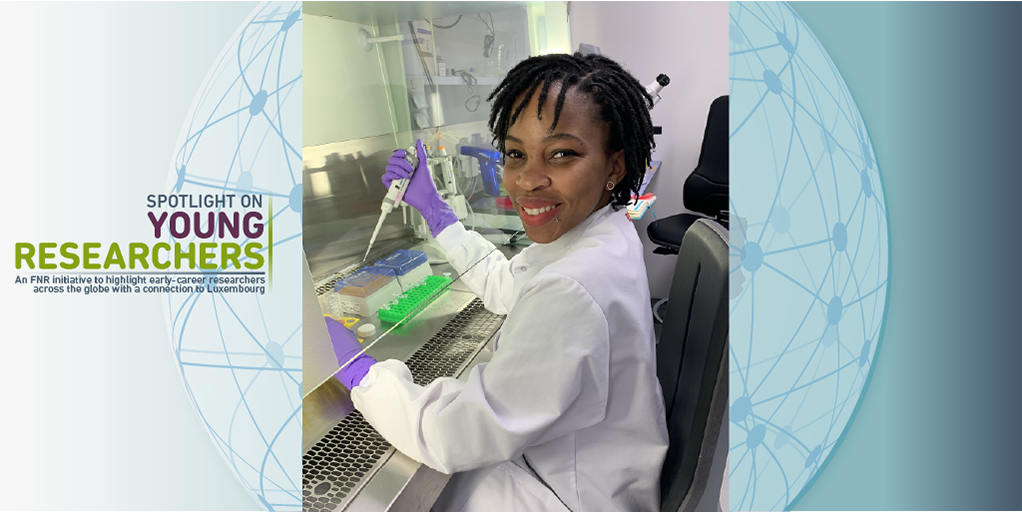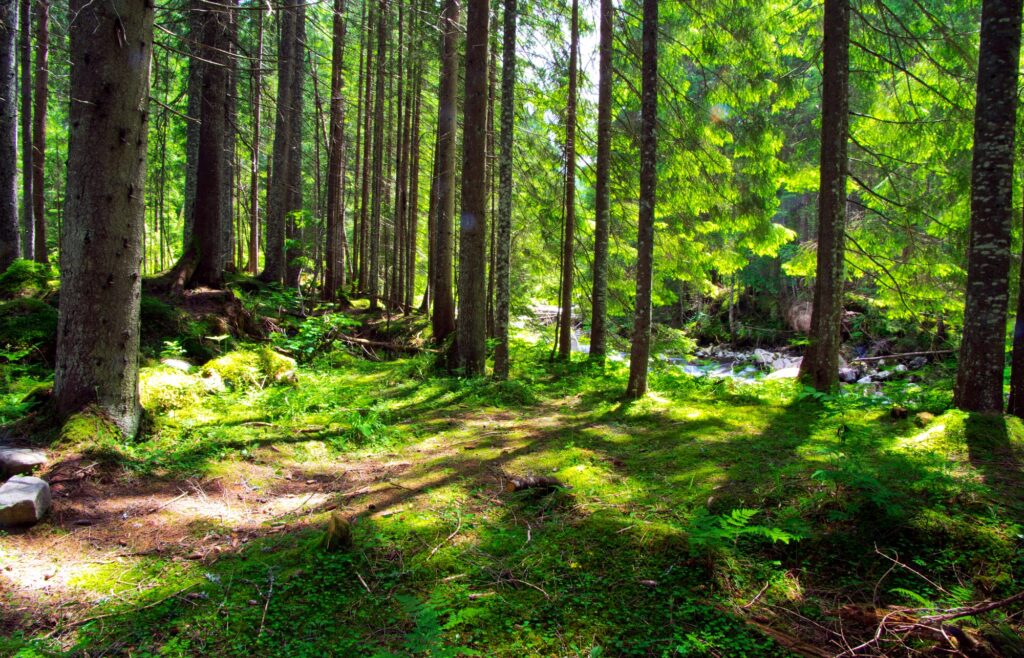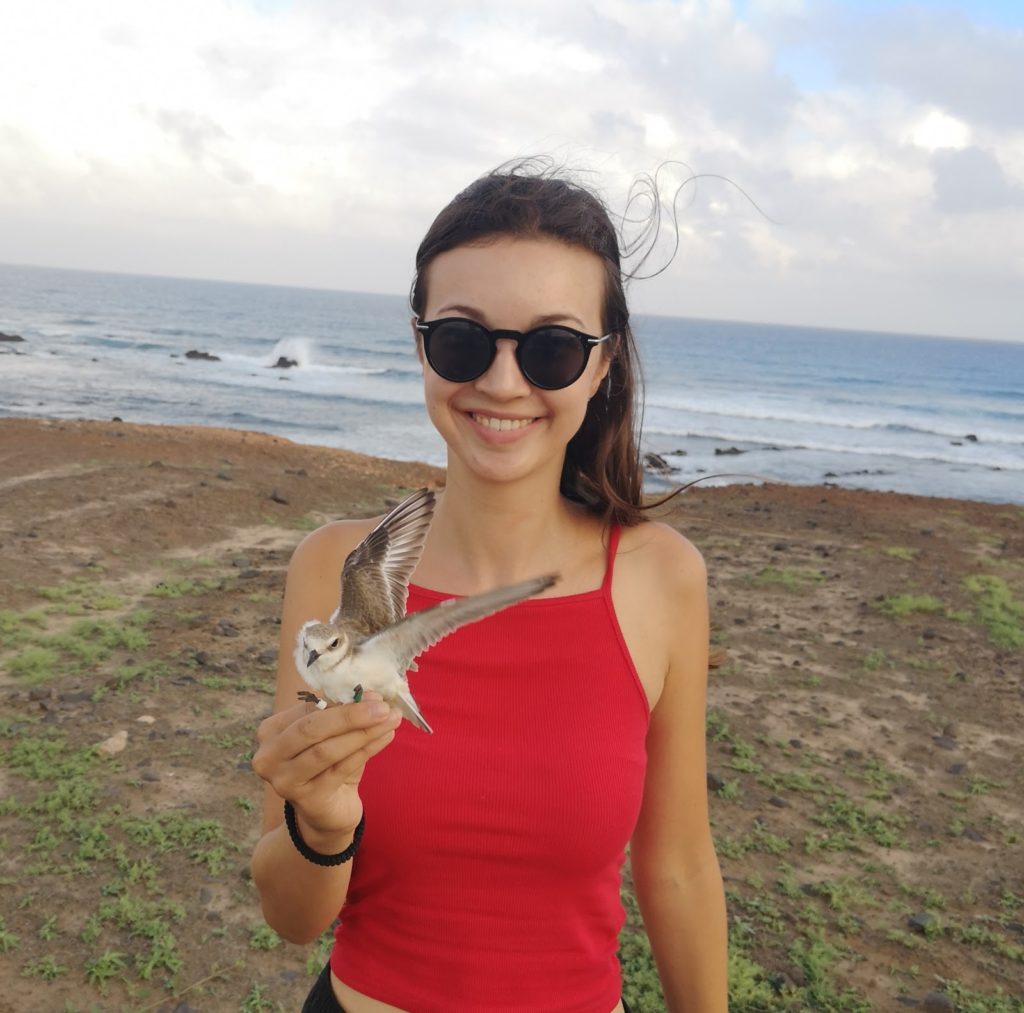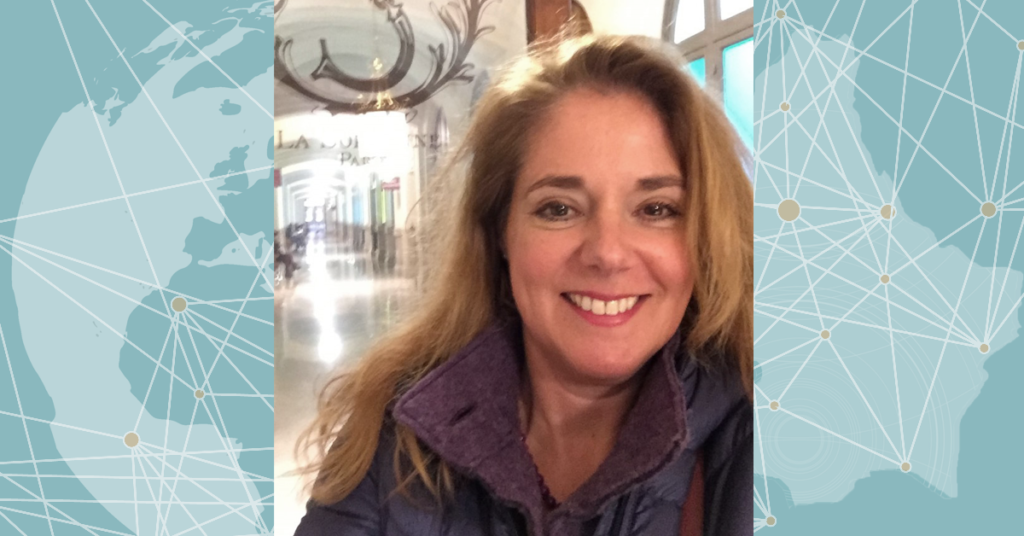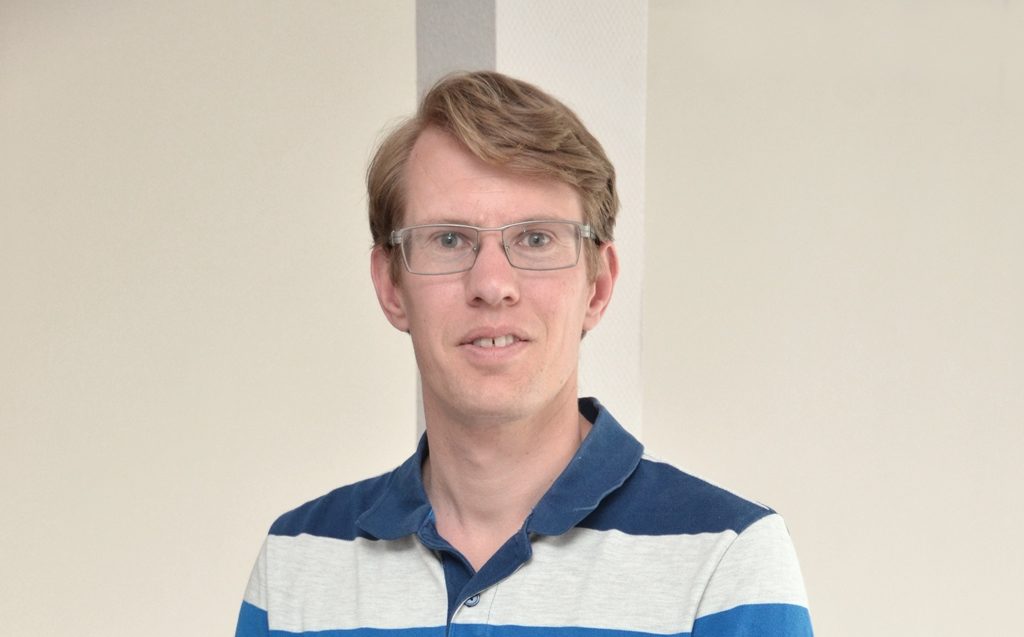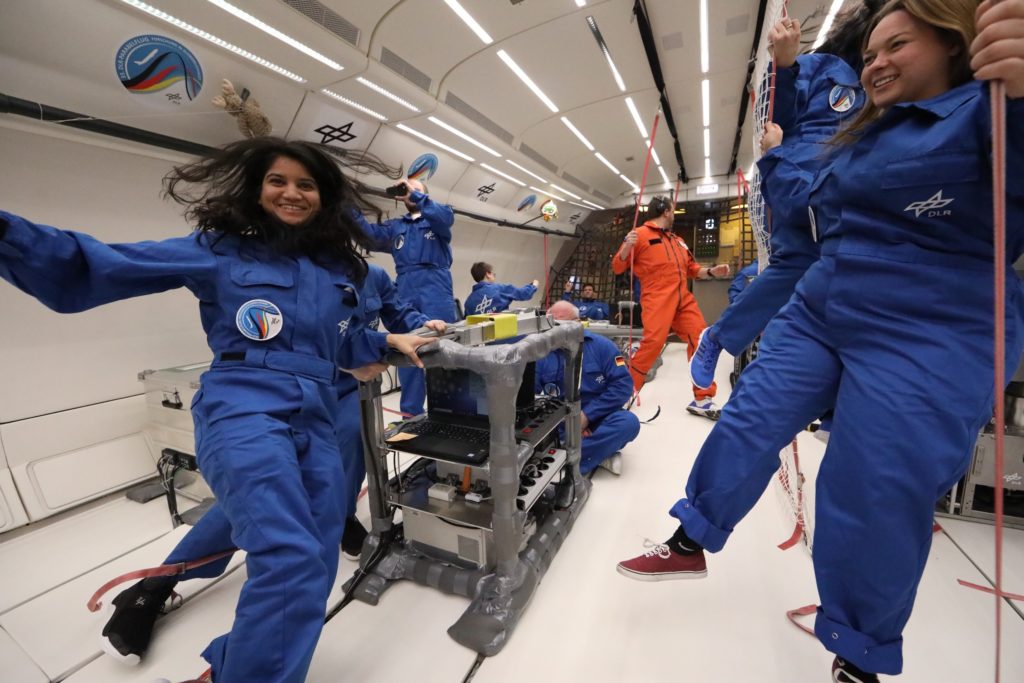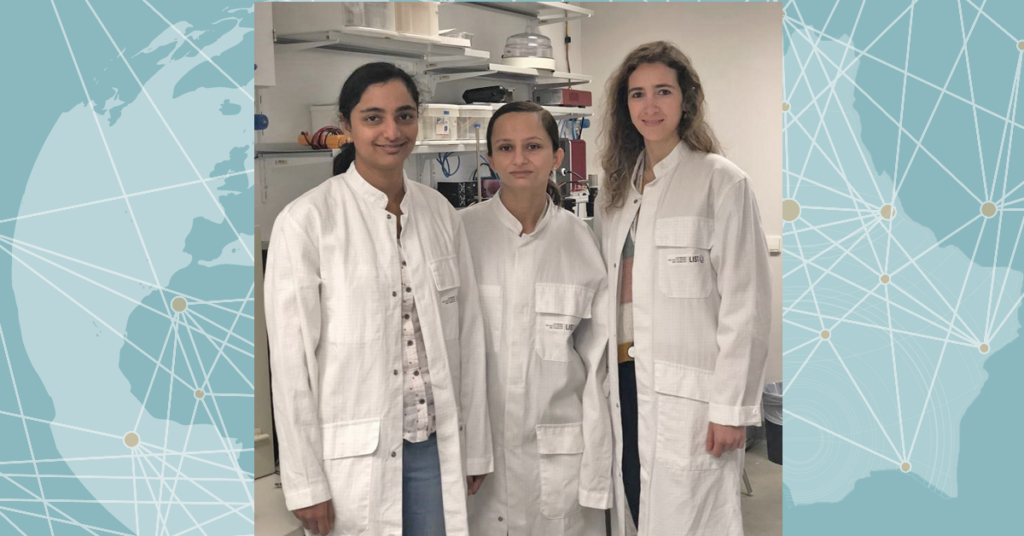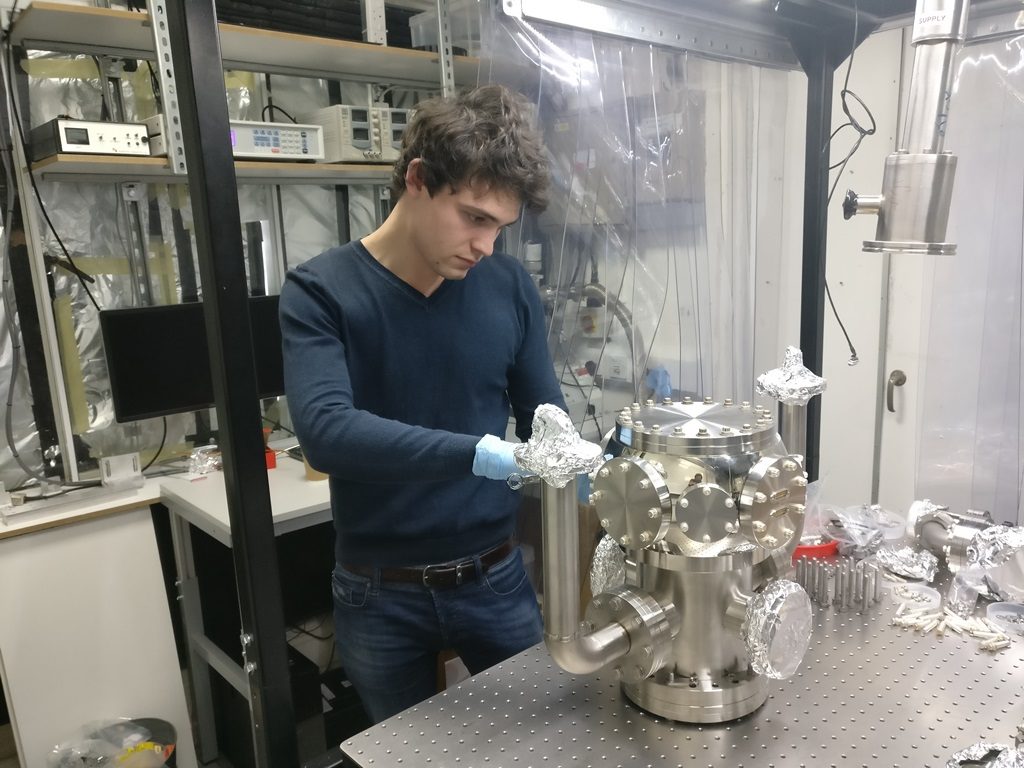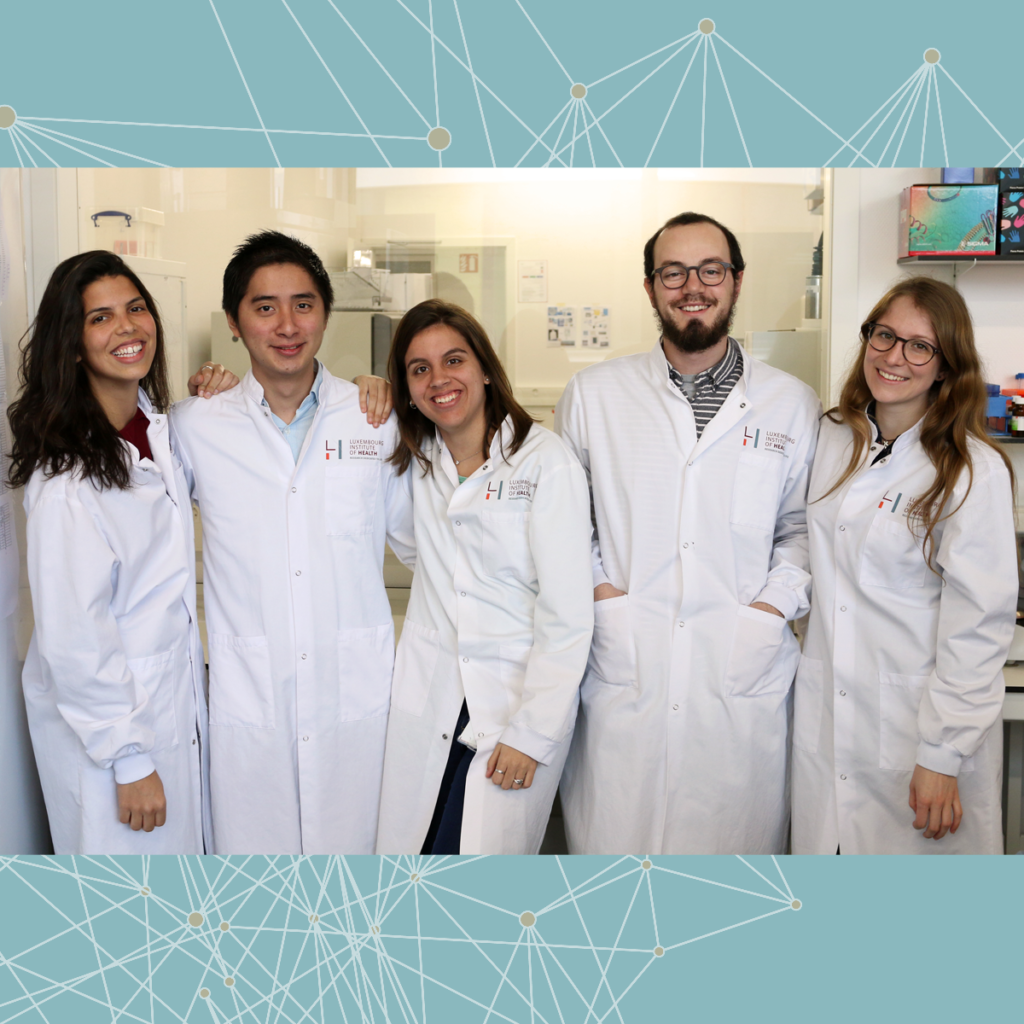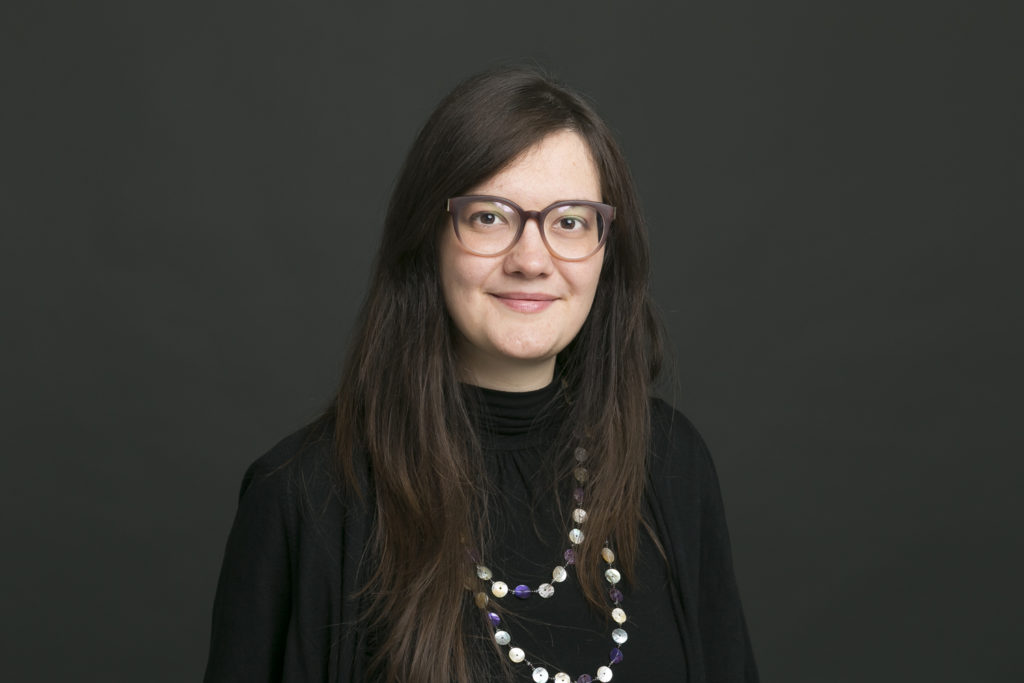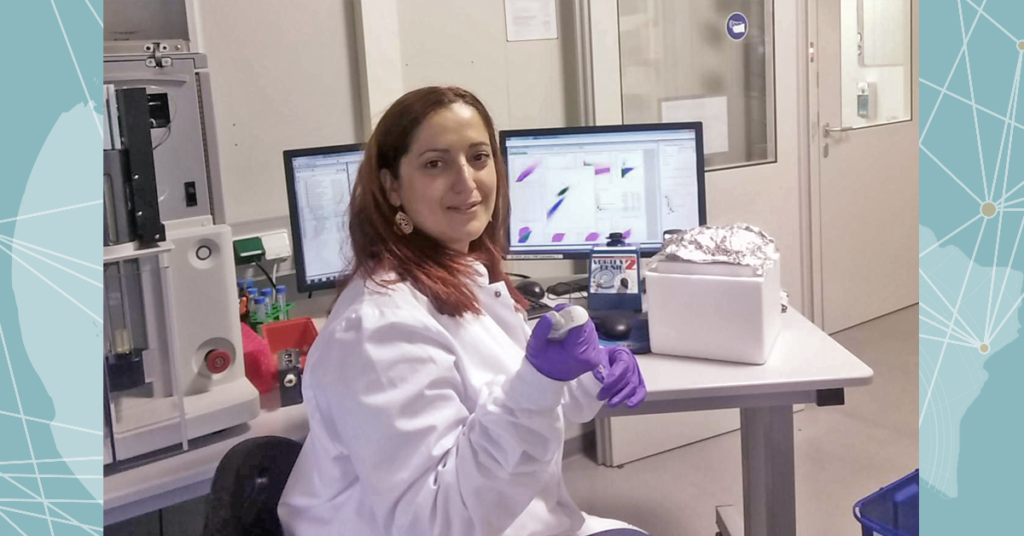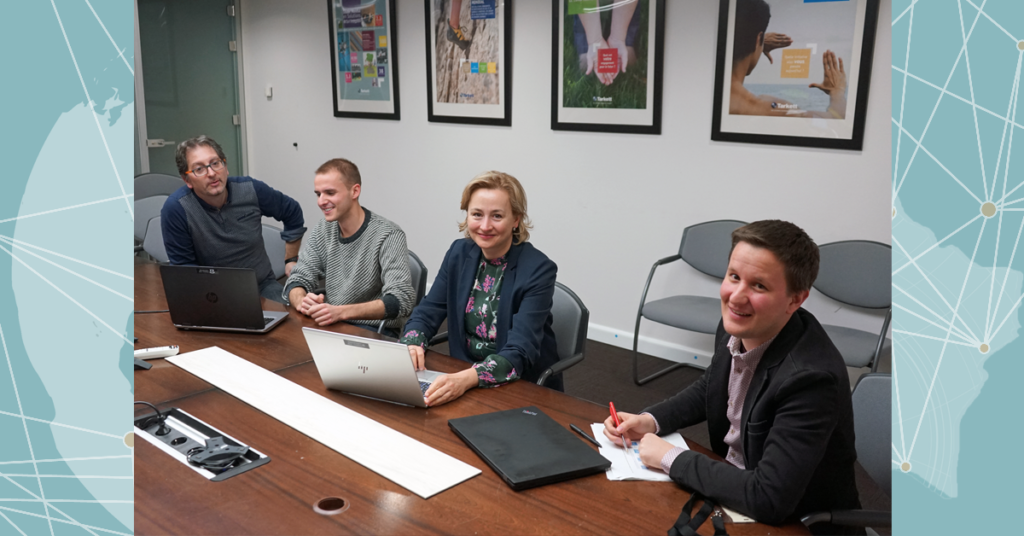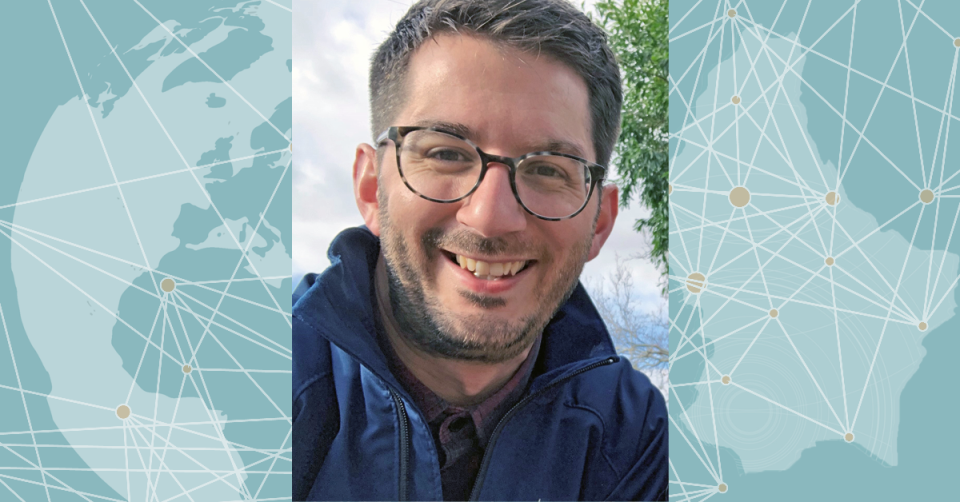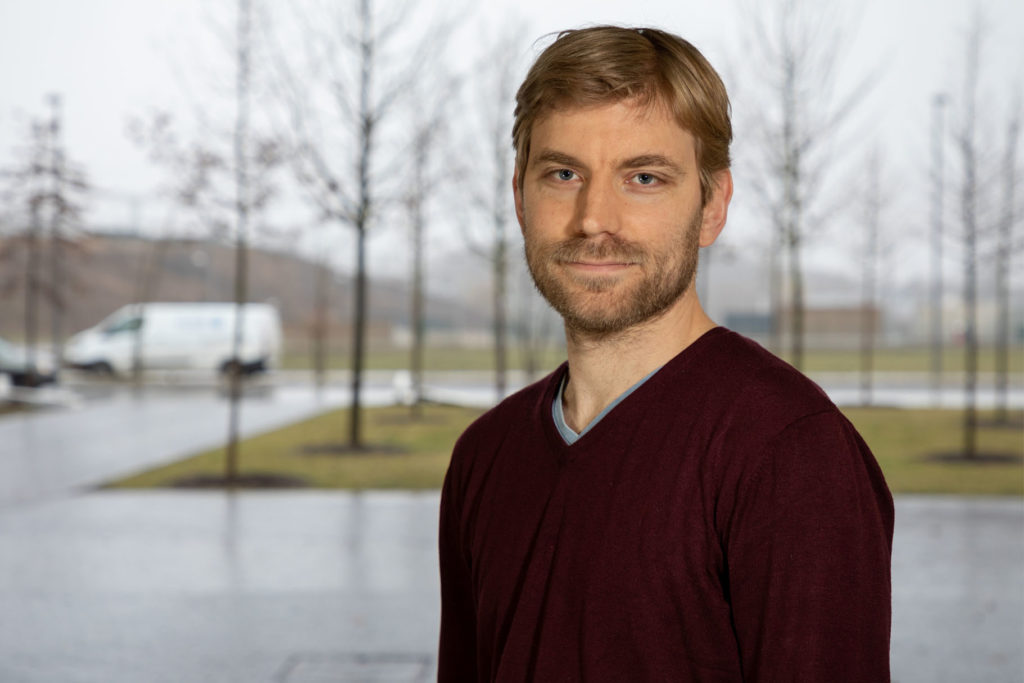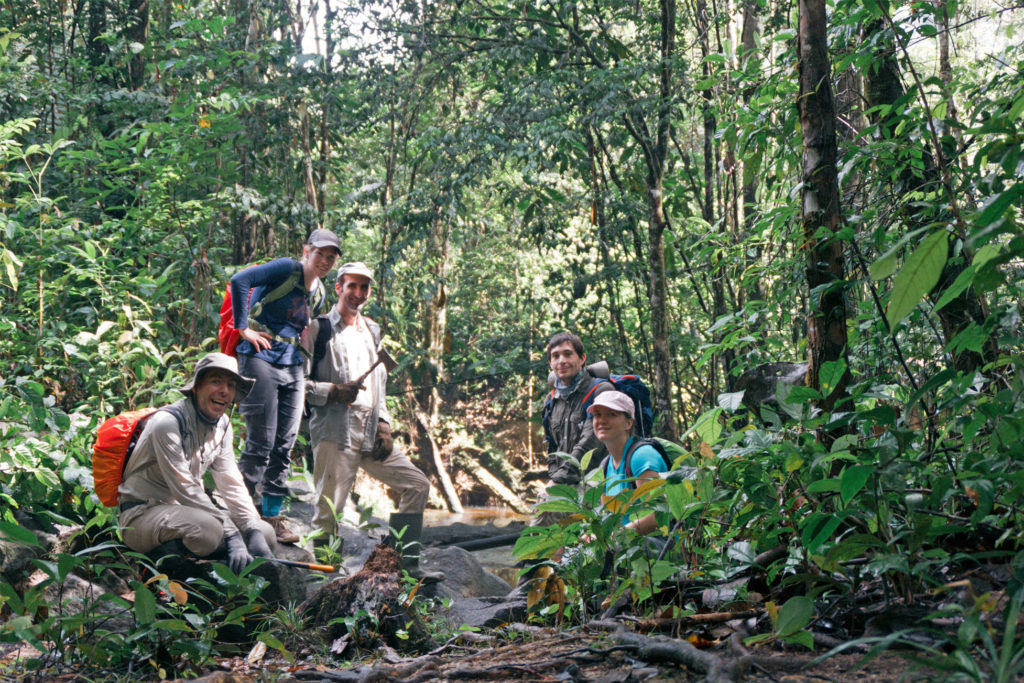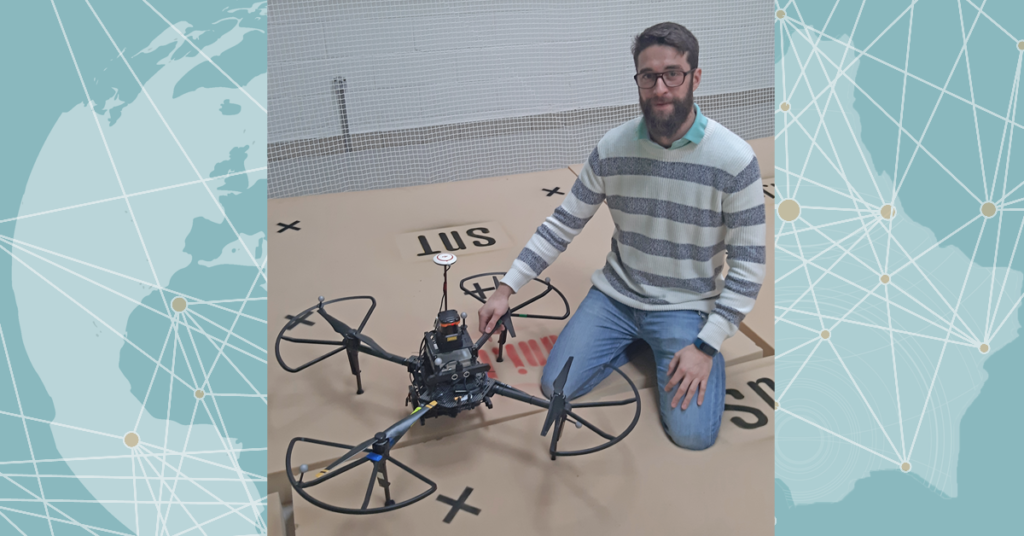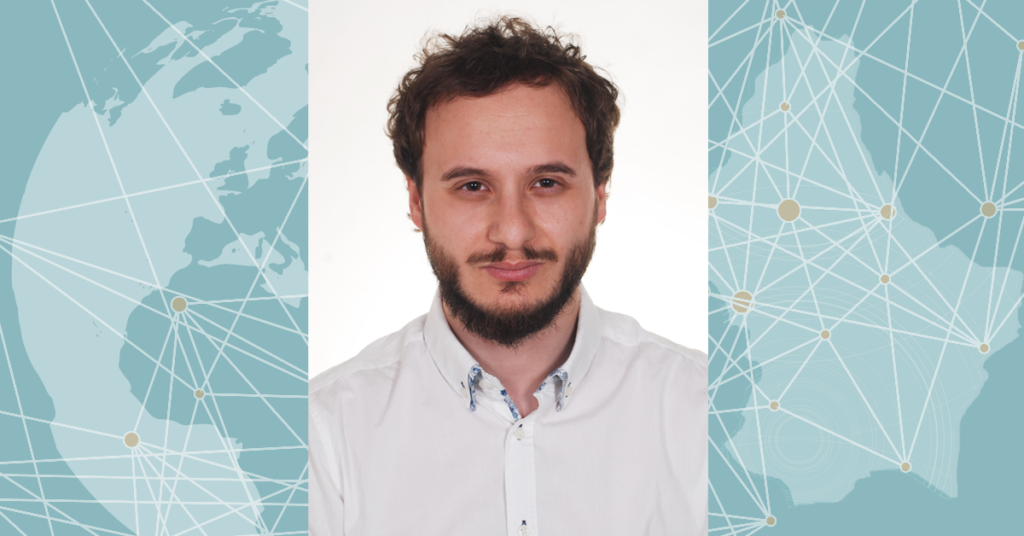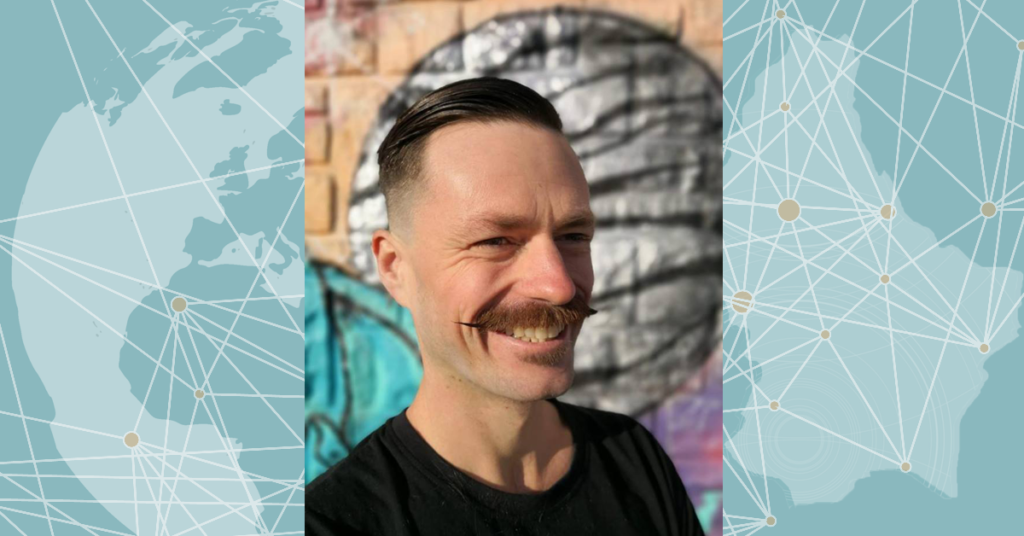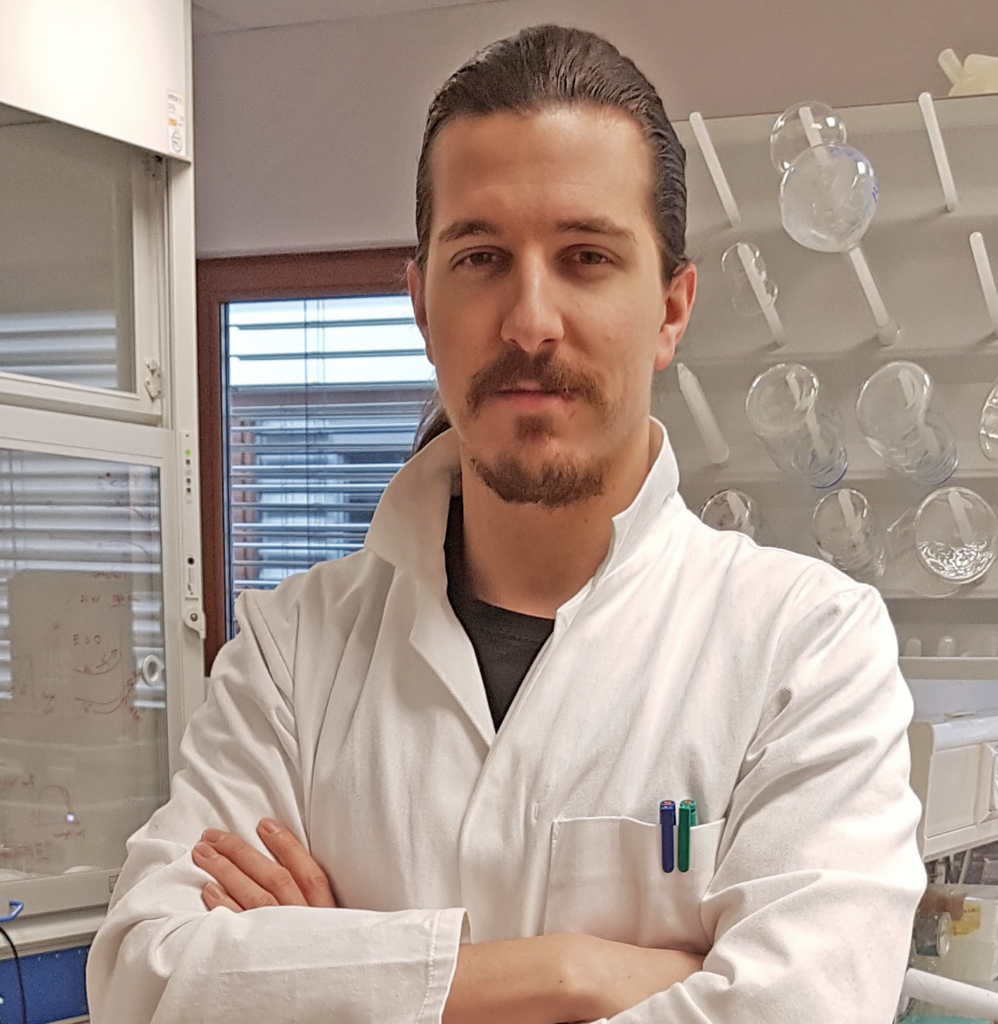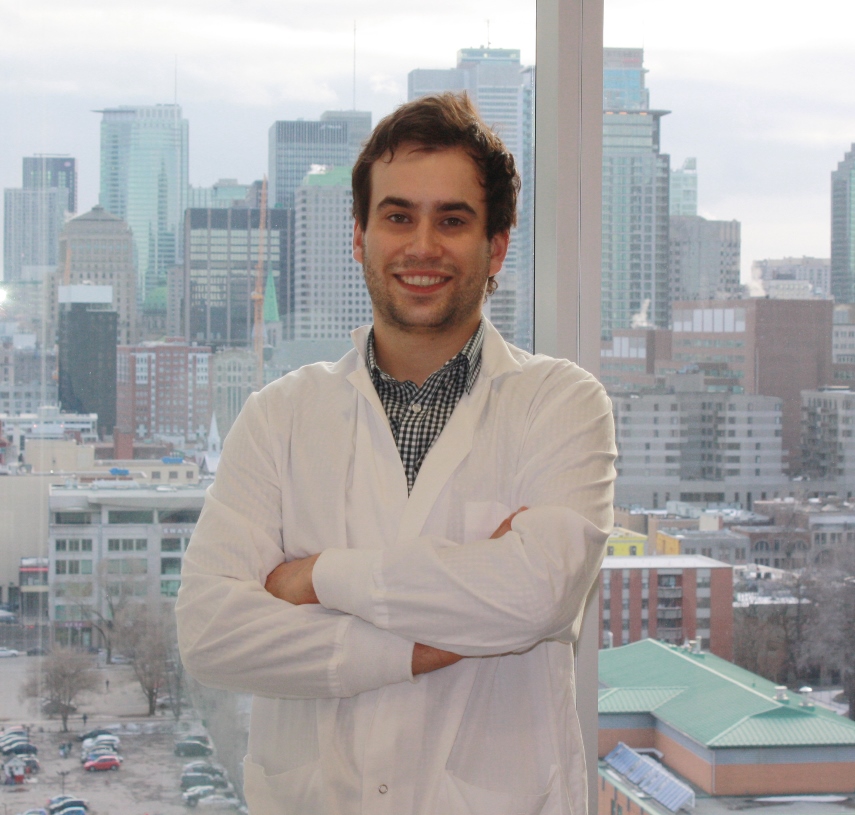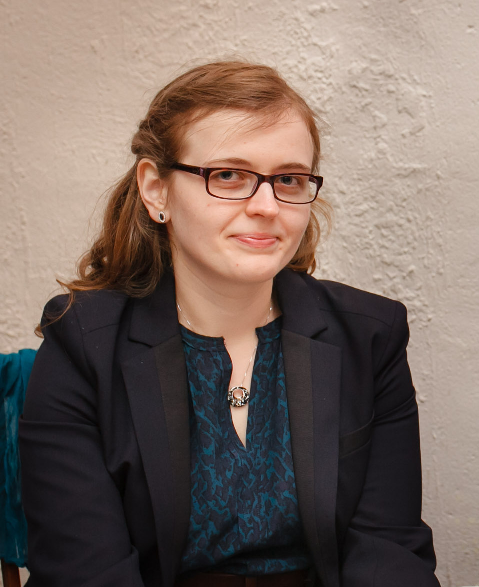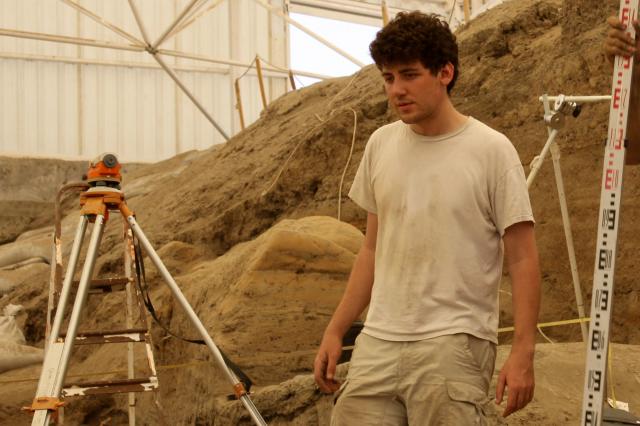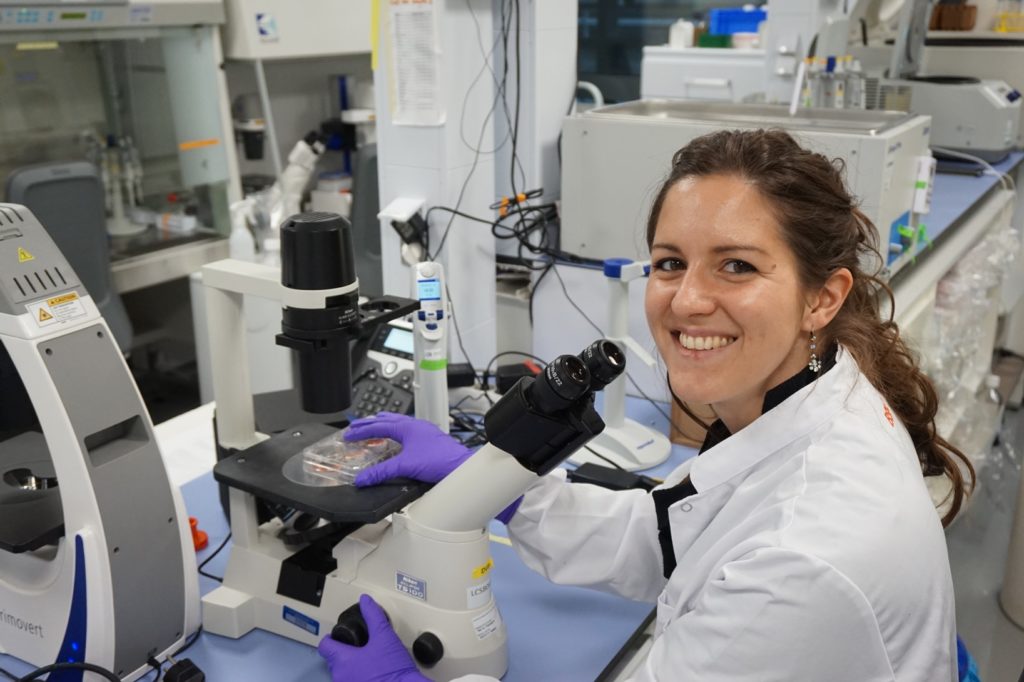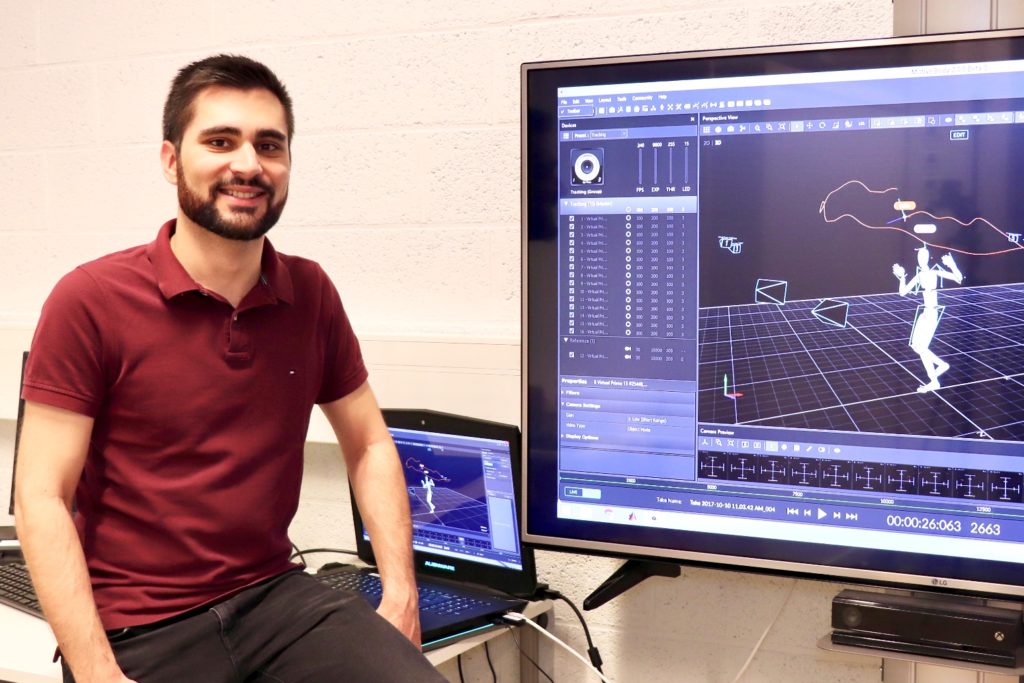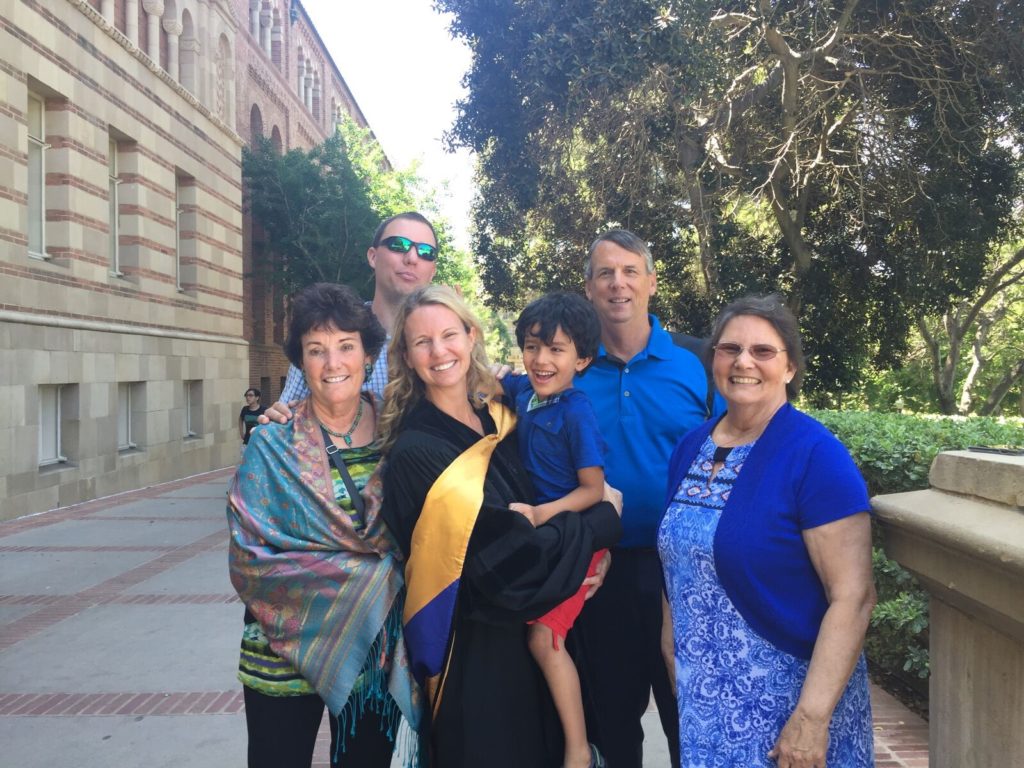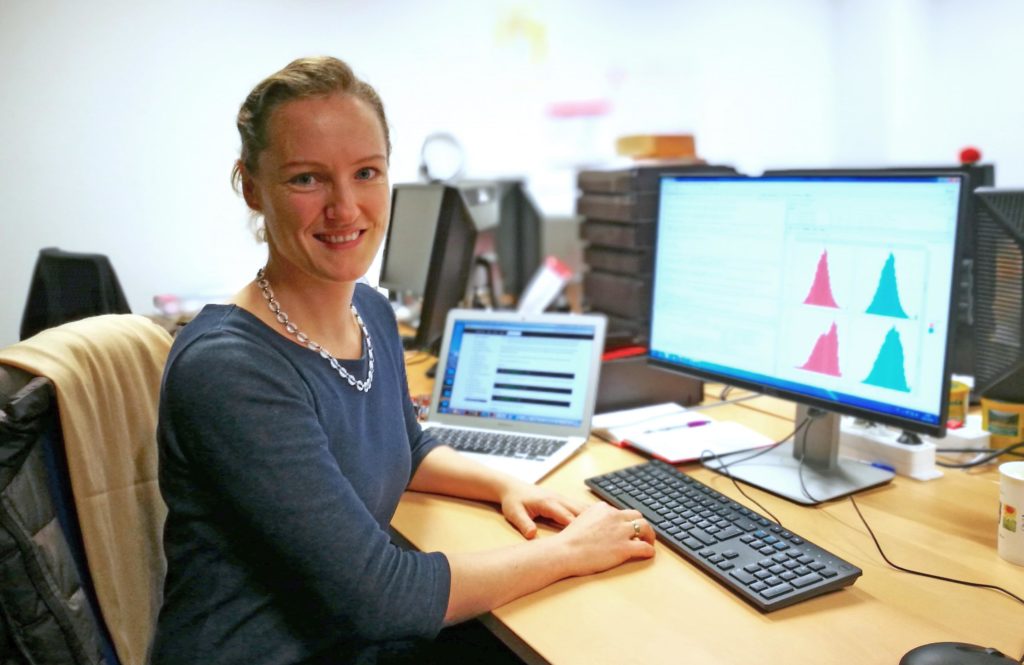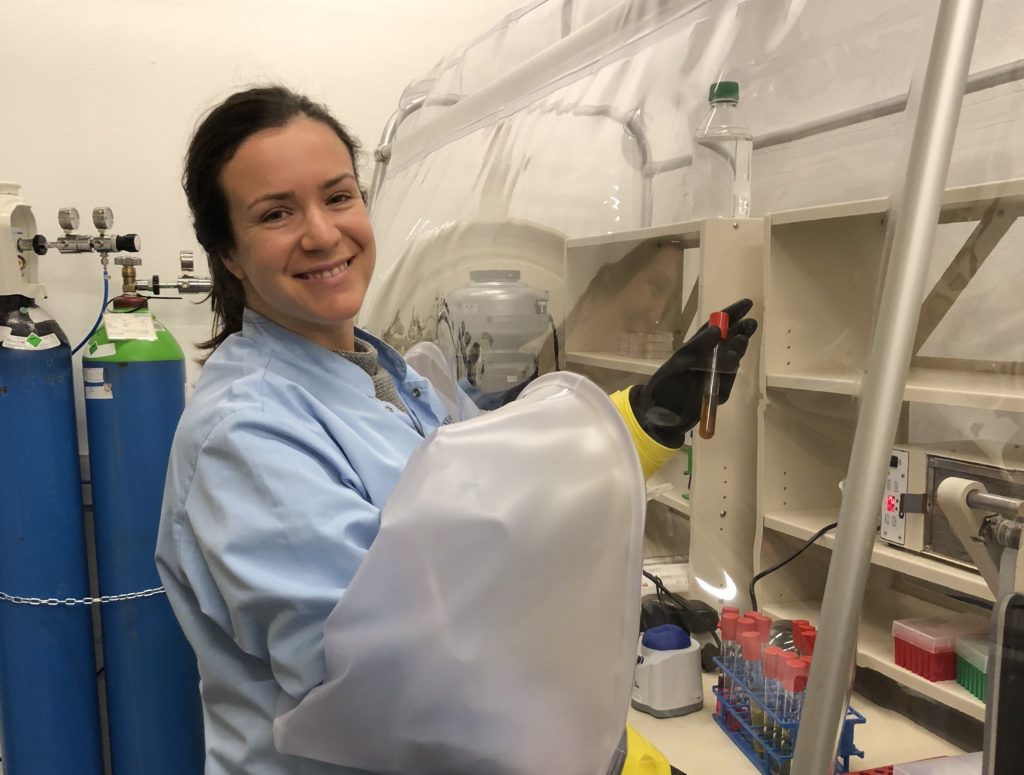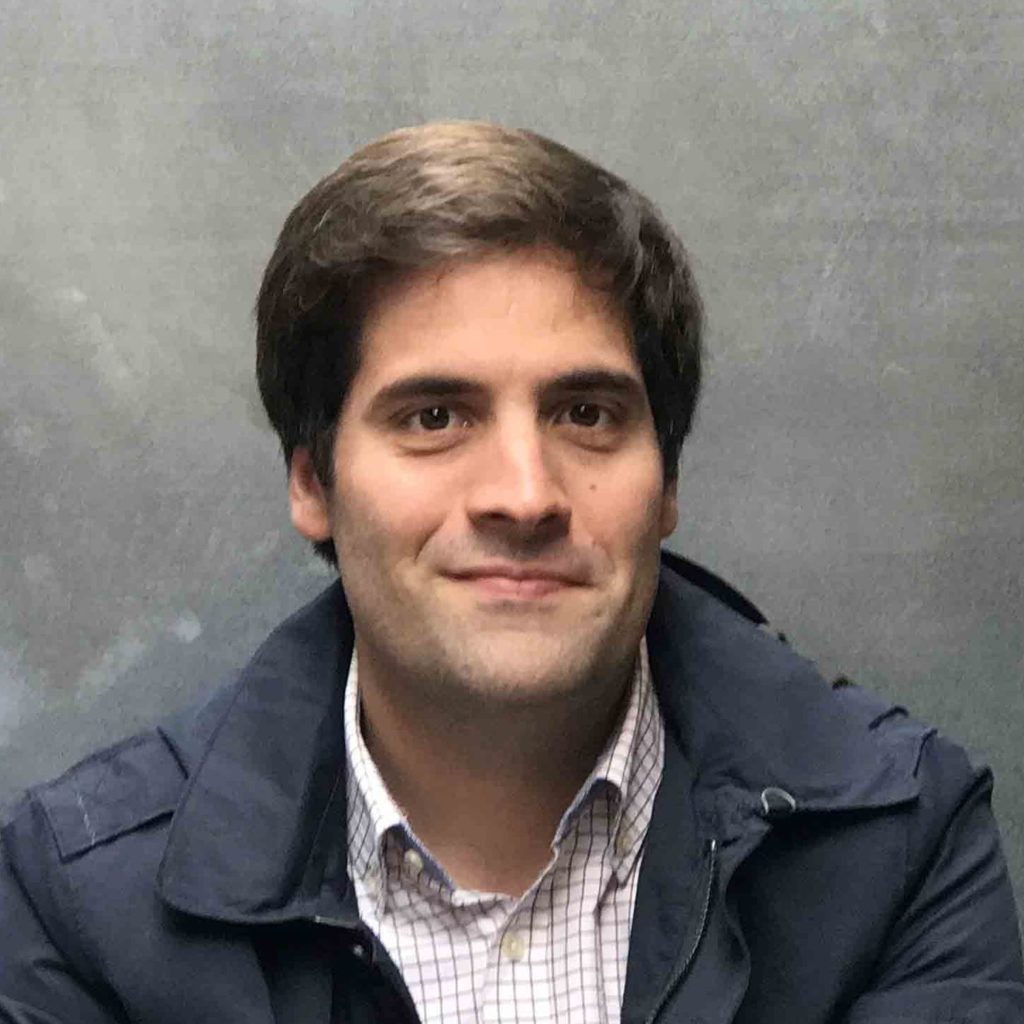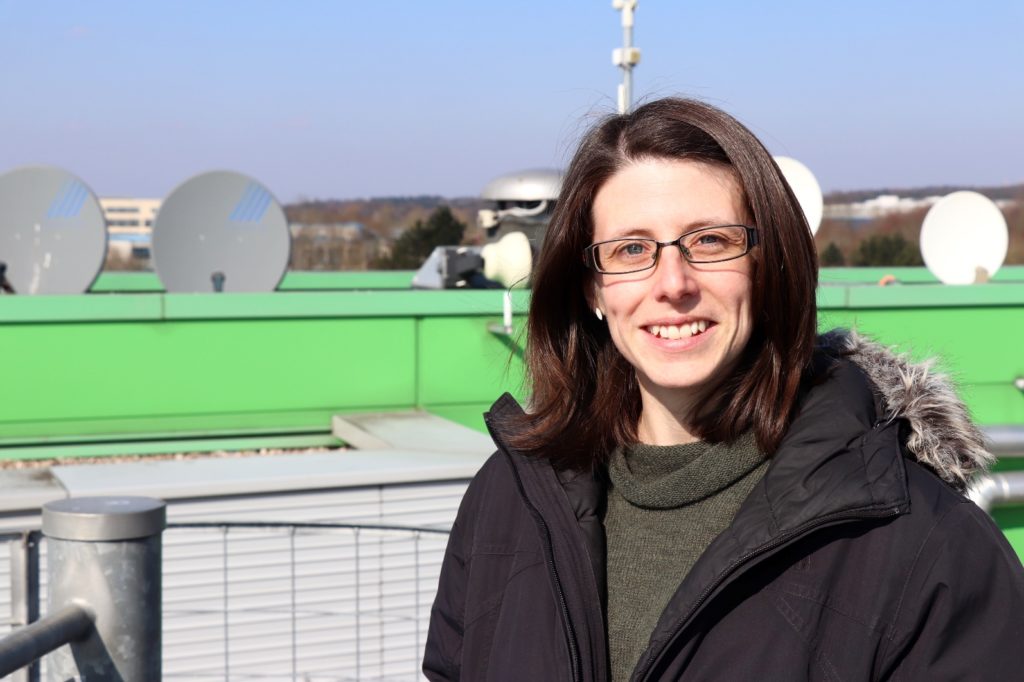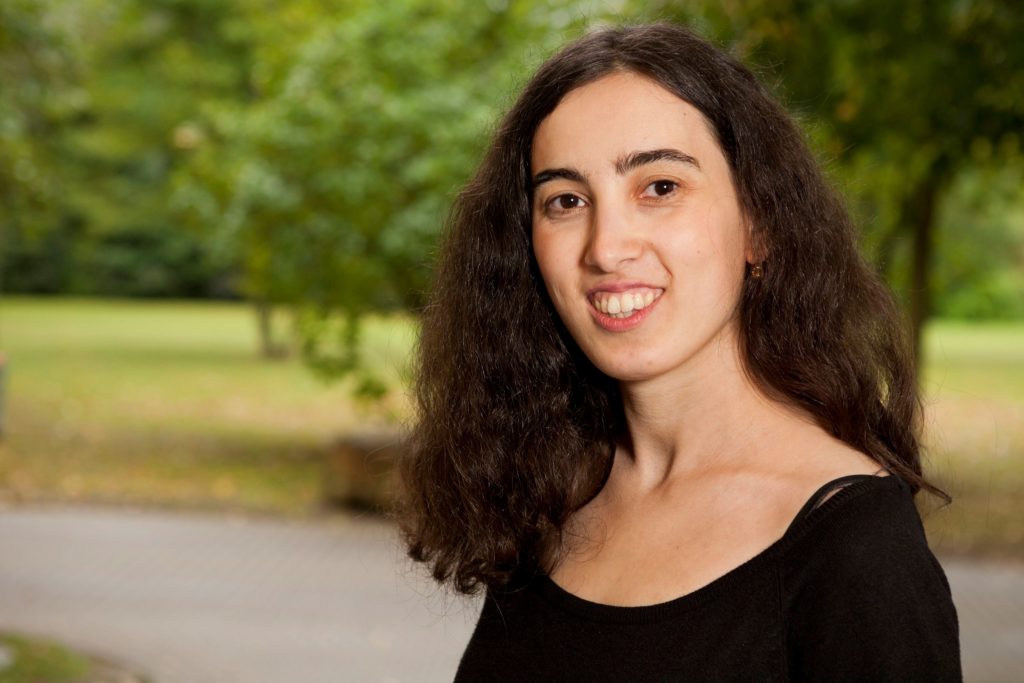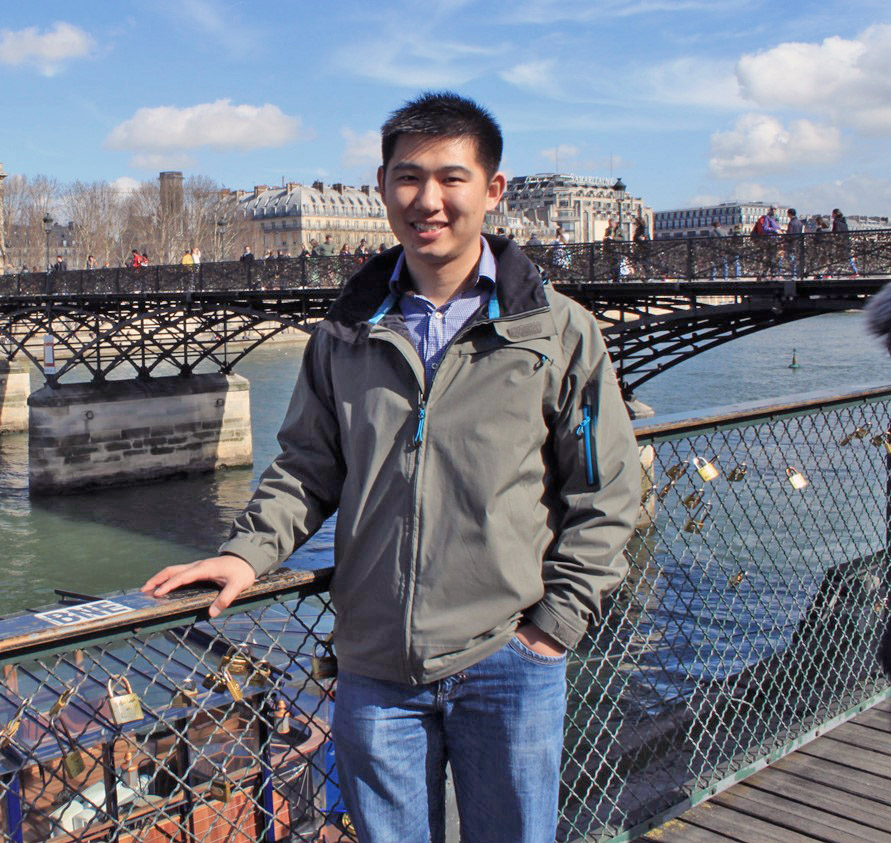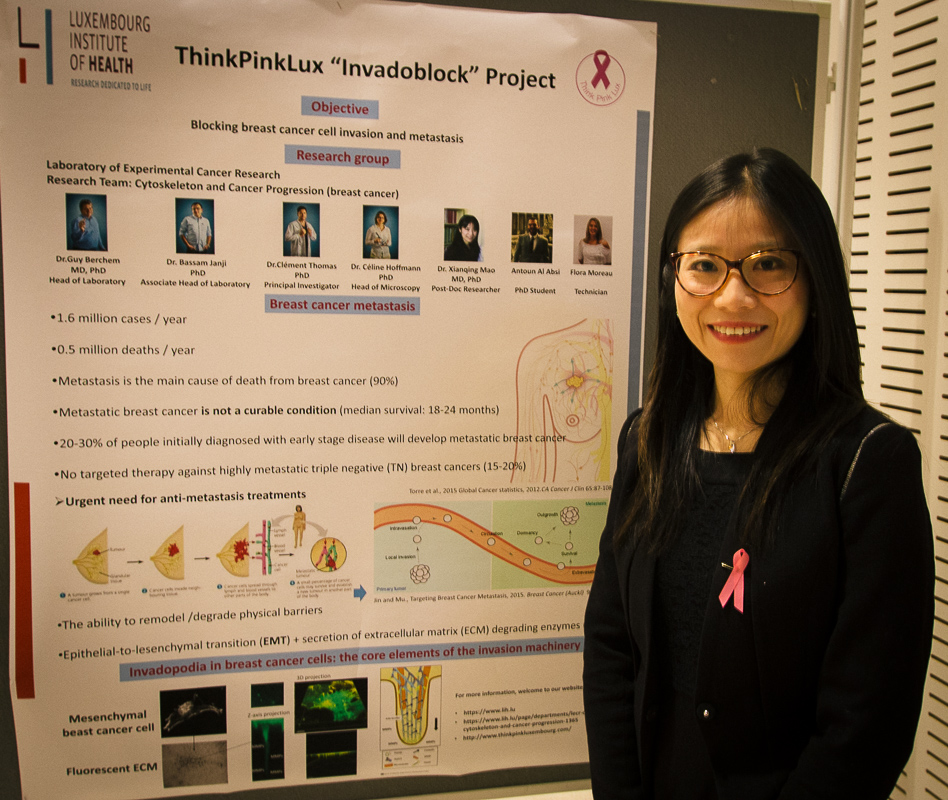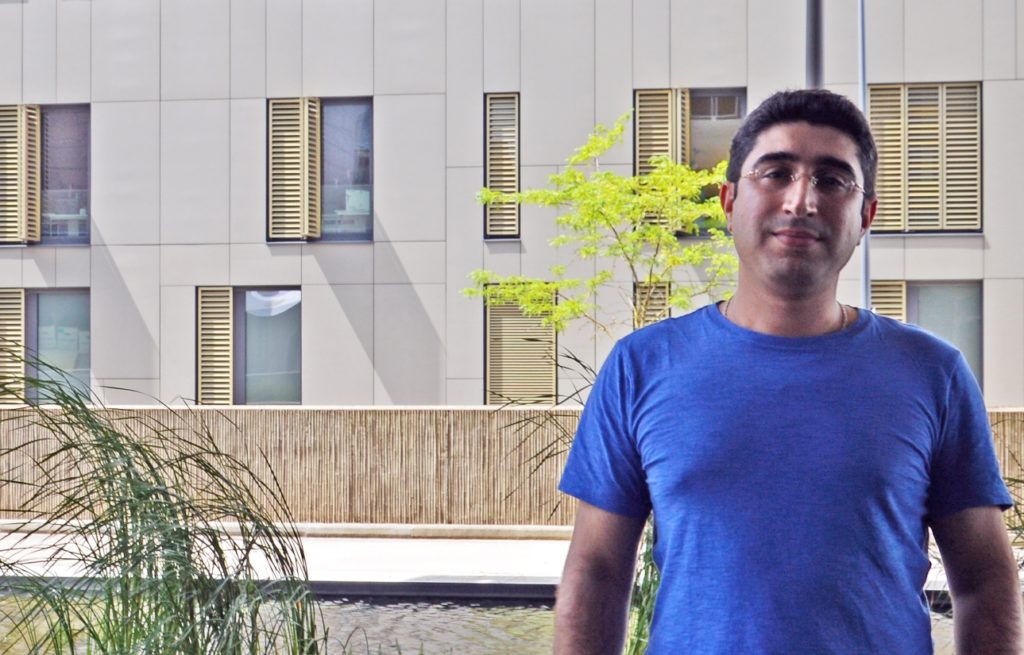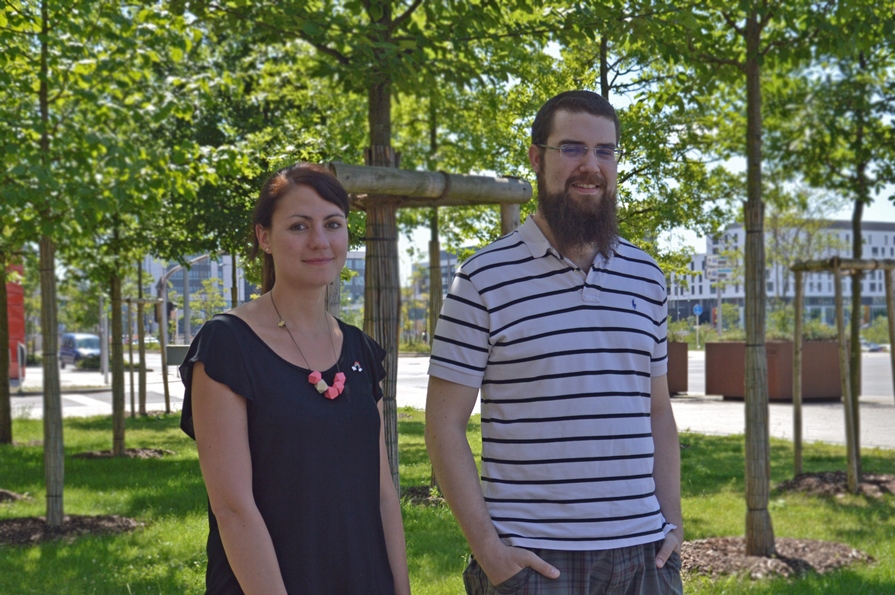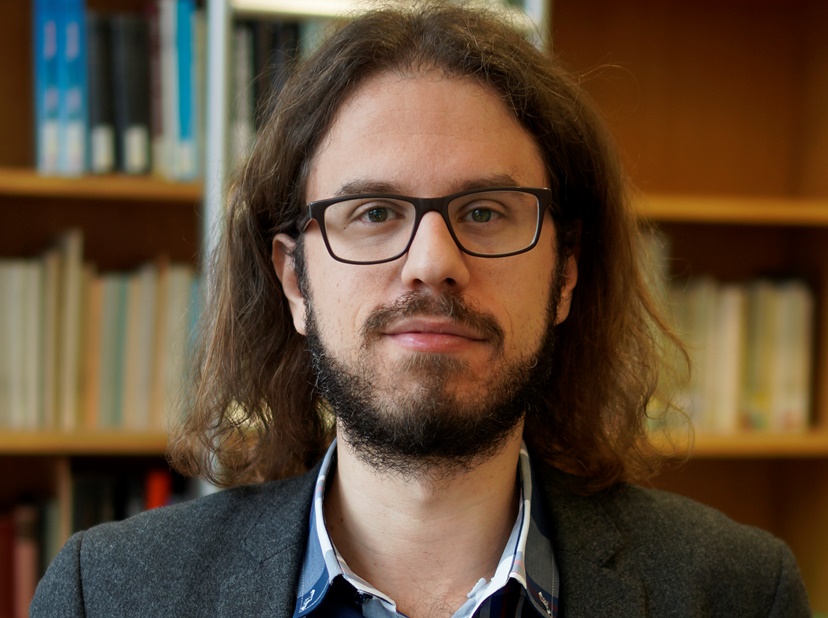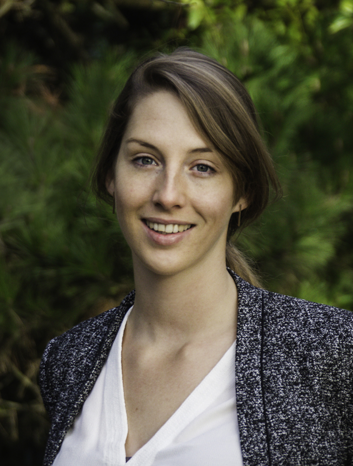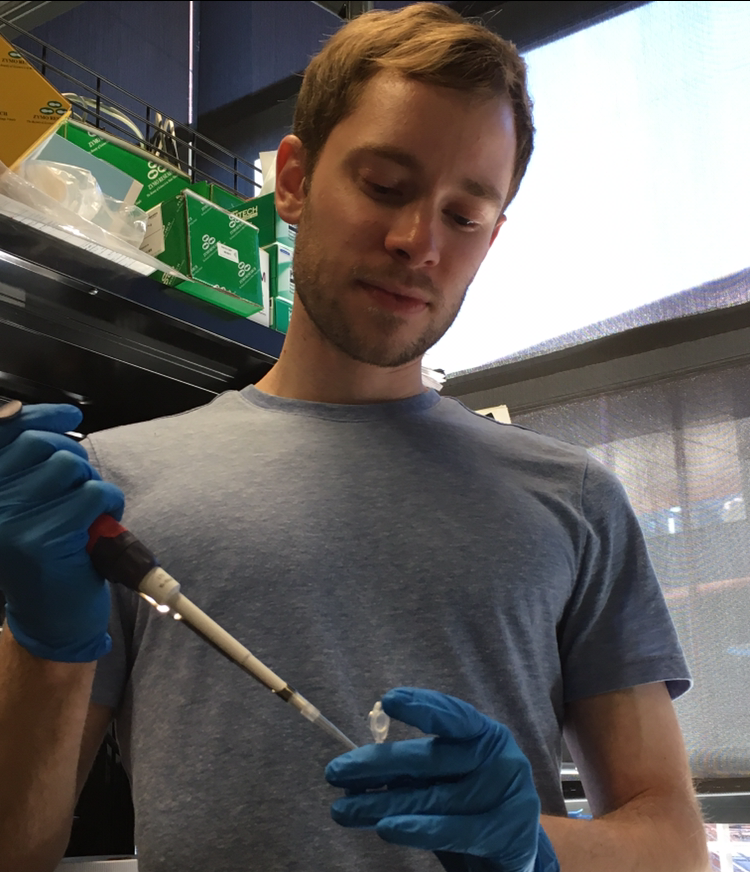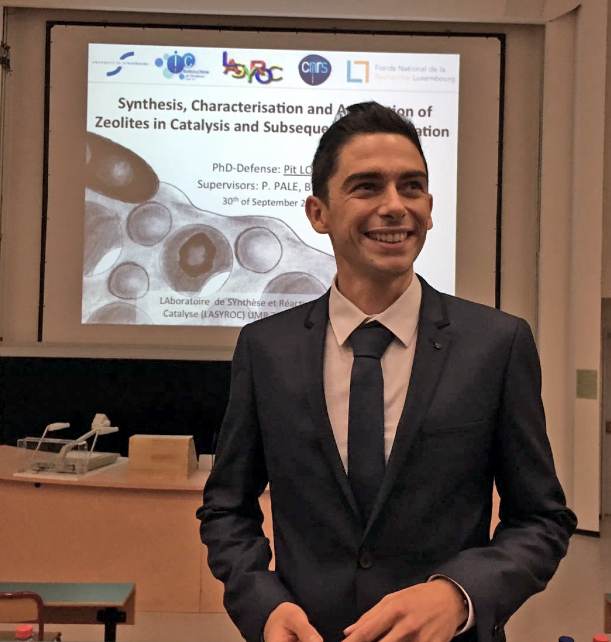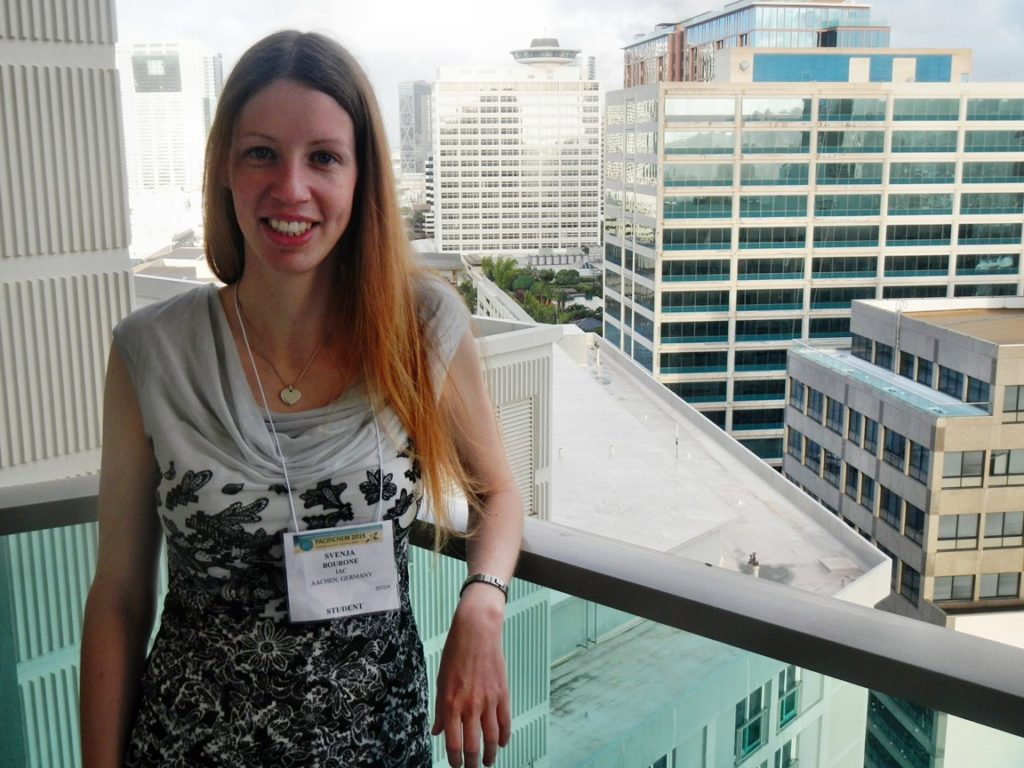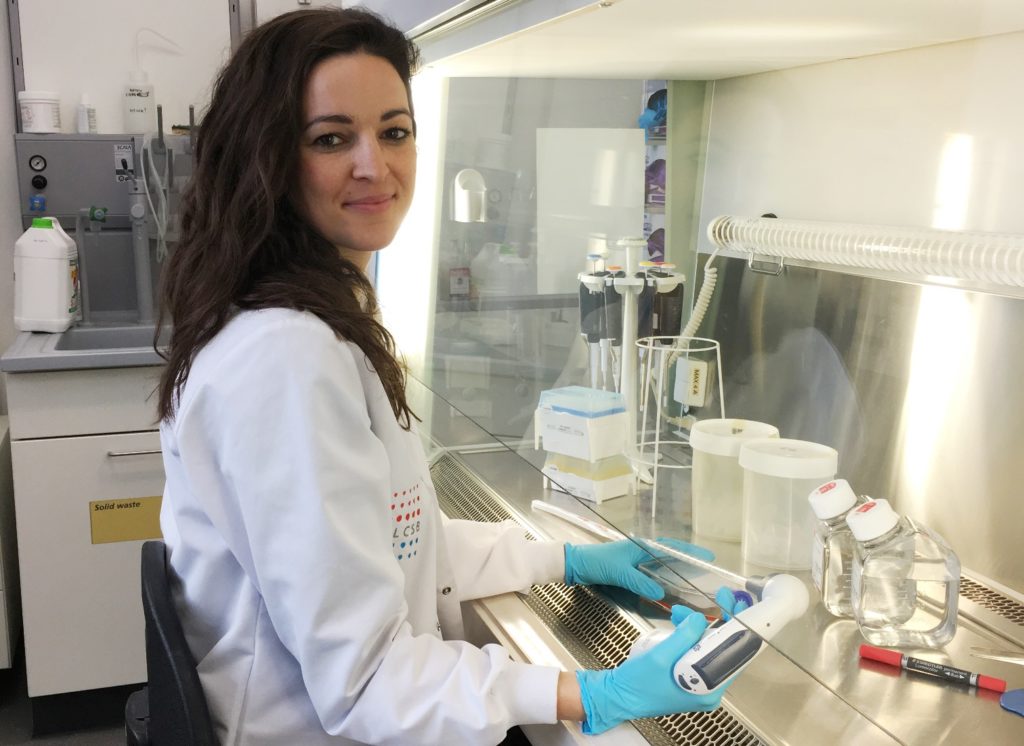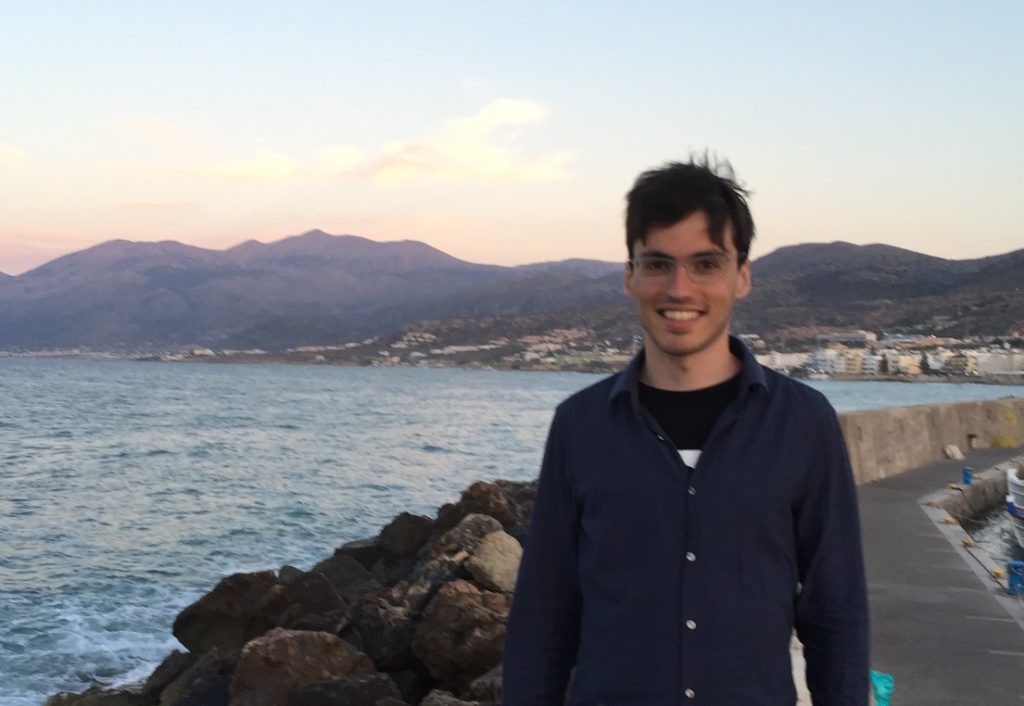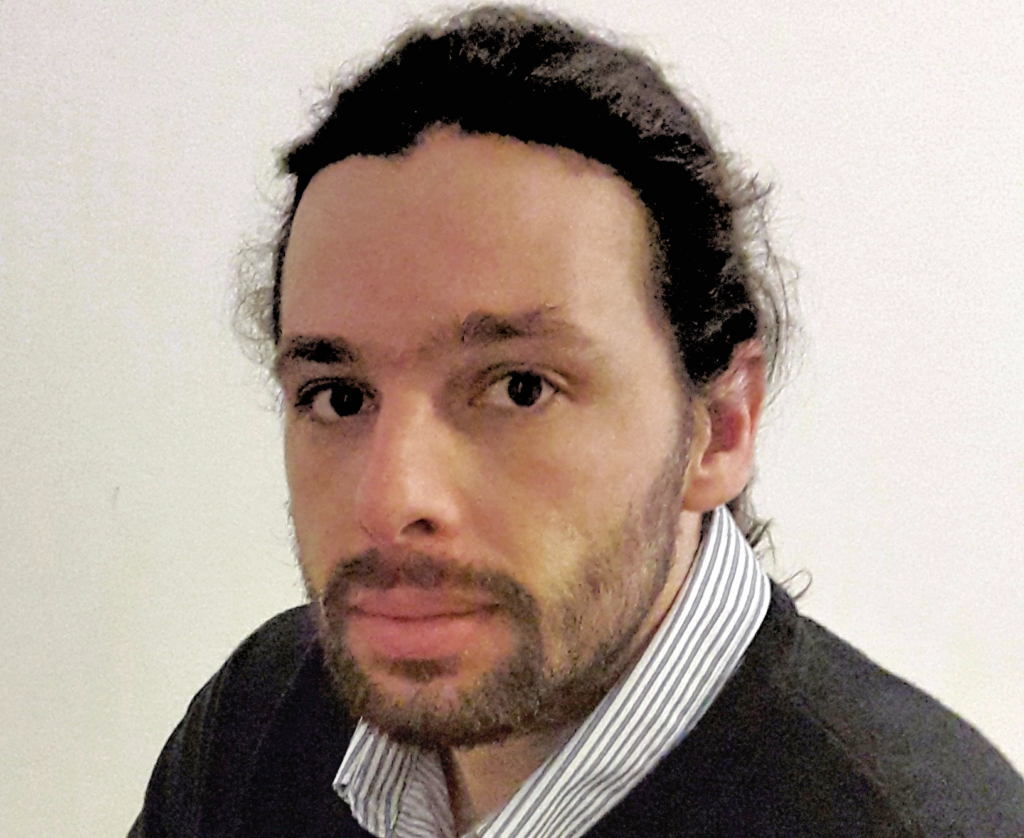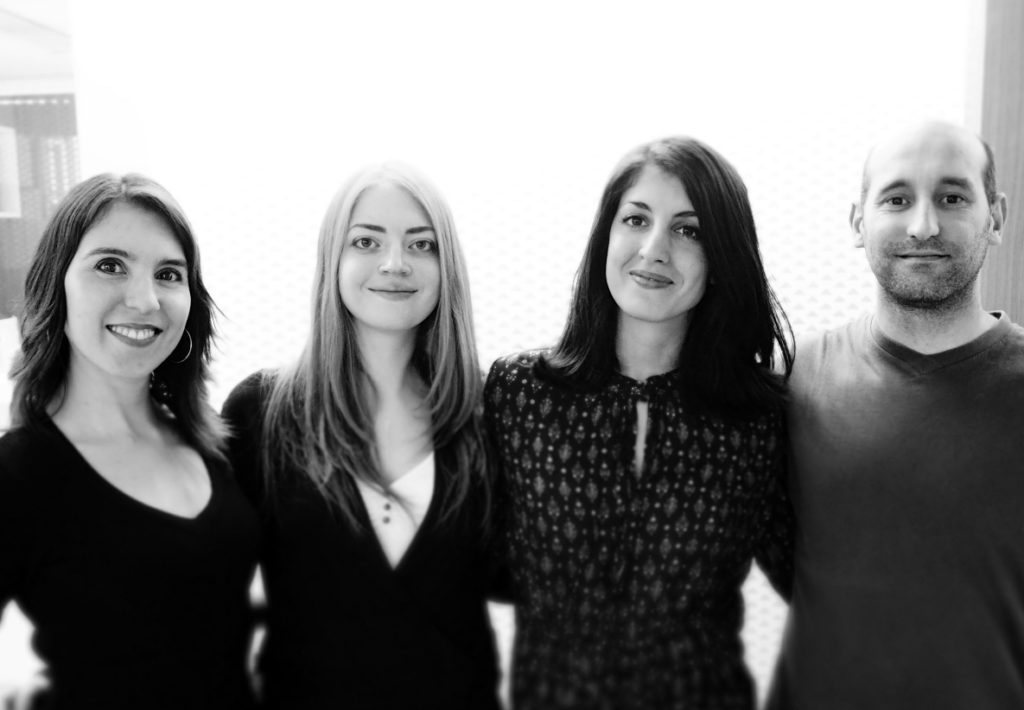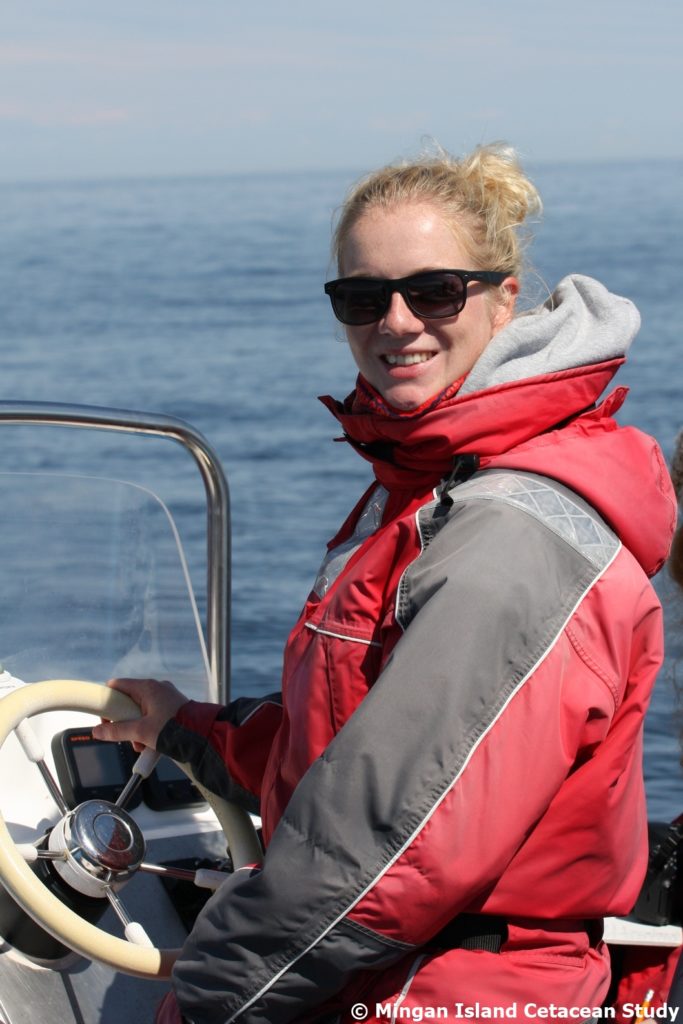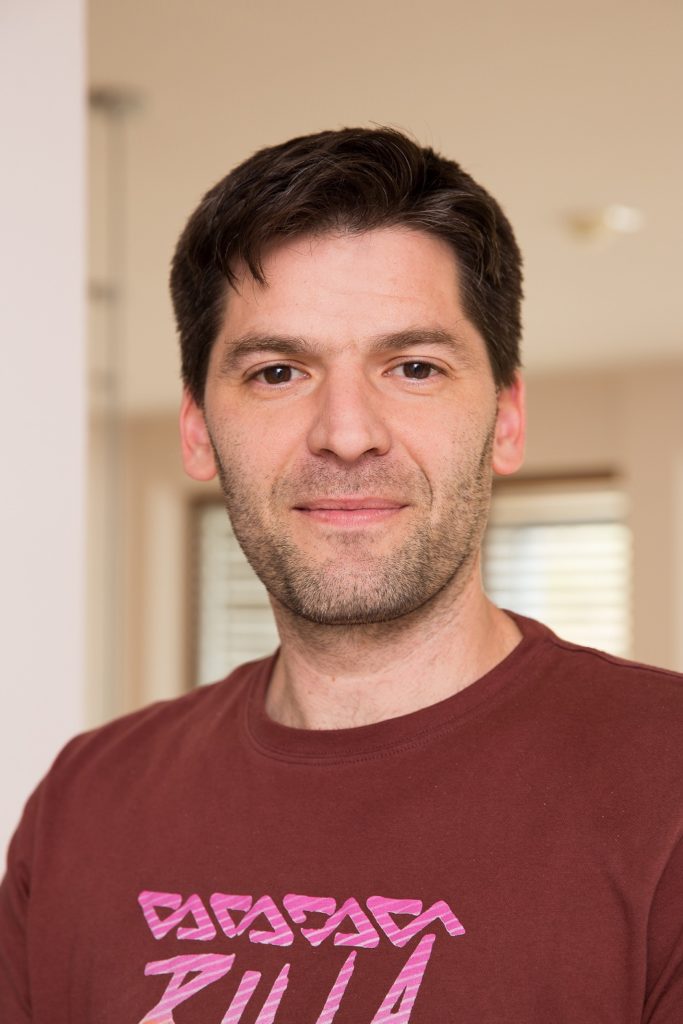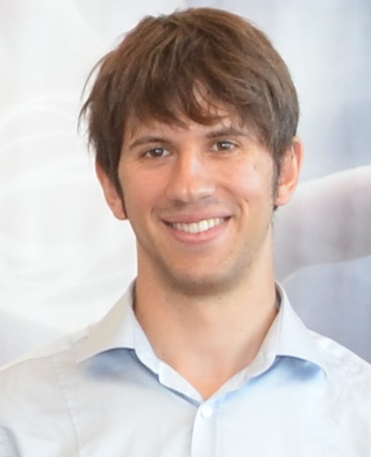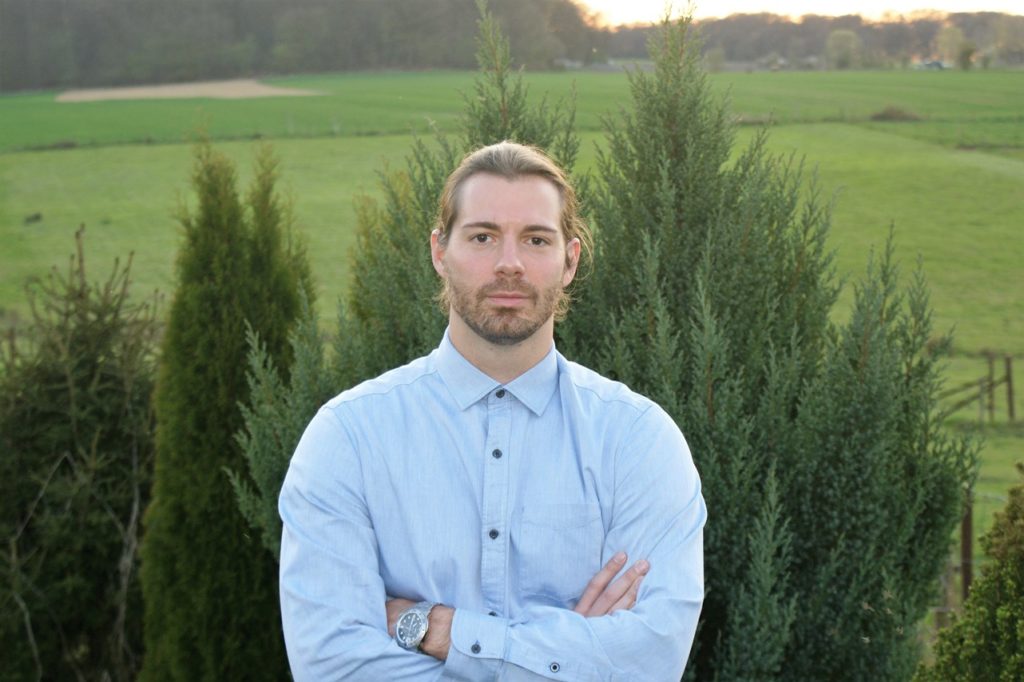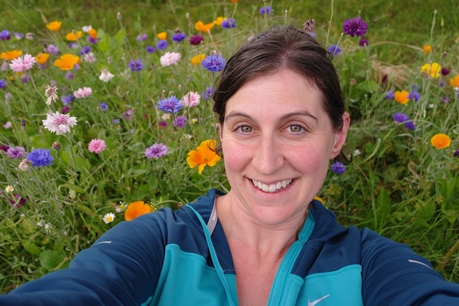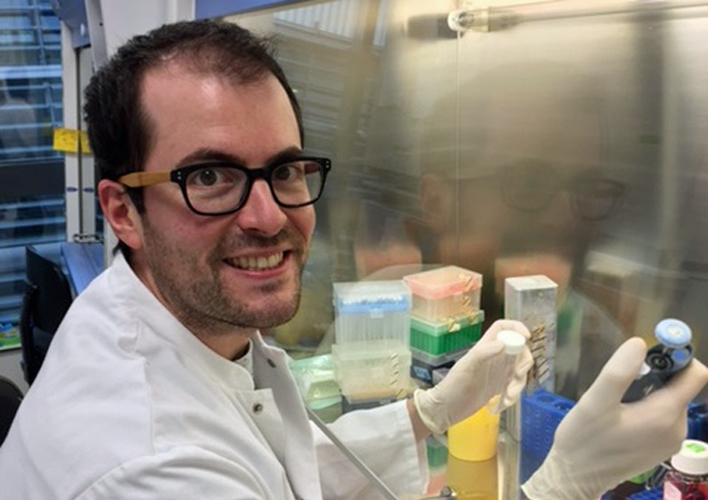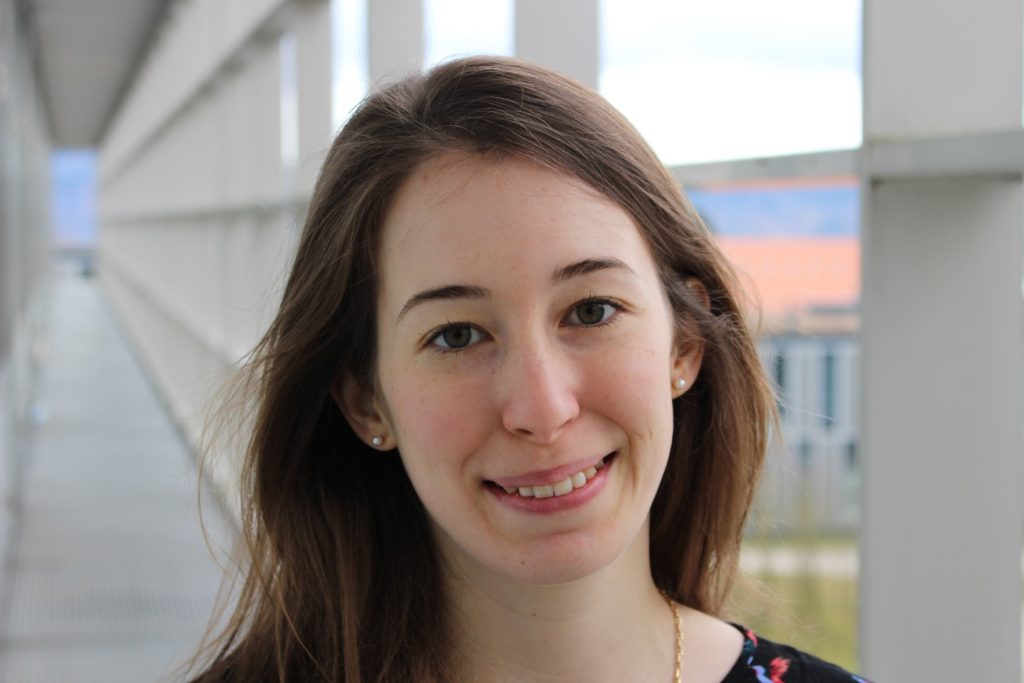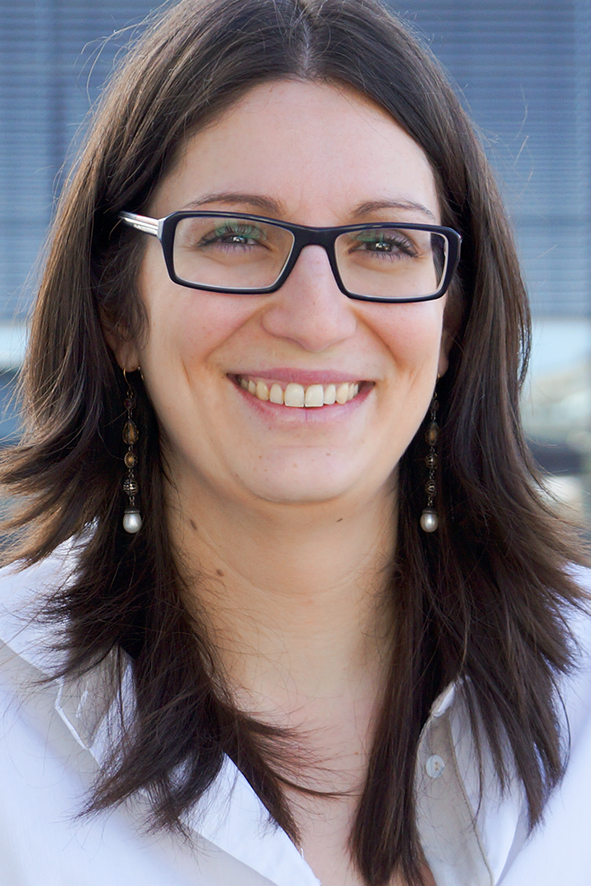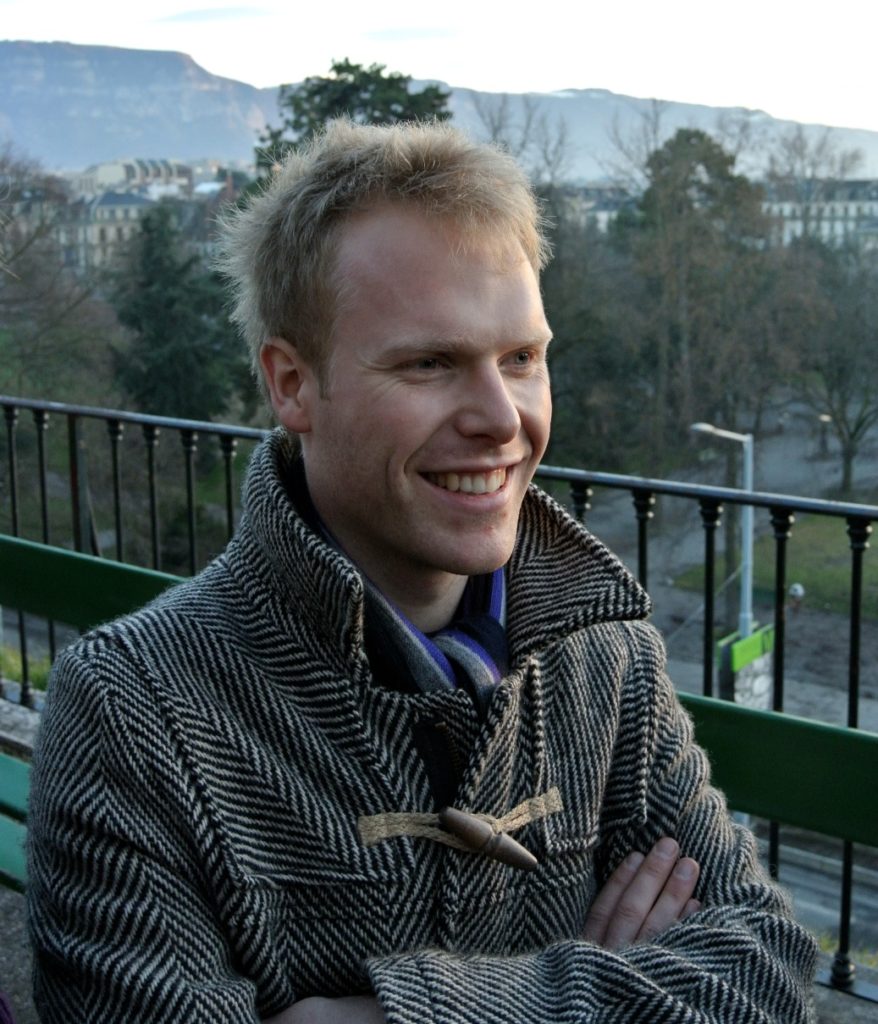Vegetable oil – mainly palm oil – is heavily relied upon in the production of food, cosmetics, and biofuel. The increase in droughts also affects the standard cultivation of palm oil – alternatives are needed. Agricultural scientists are investigating the potential of a new alternative drought-resistant source for the most widely-used kind of vegetable oil.
Droughts are becoming more frequent and severe due to climate change – they are the main reason for decreasing crop productivity and yield stability, worldwide. As agriculture relies heavily on water, scientists are working to understand exactly how plants respond to droughts, with the goal of improving management practices and breeding programmes.
“Plants develop a multitude of short- and long-term responses to drought ranging from physiological to morphological changes. Understanding these drought-adaptive mechanisms and the genes involved is challenging due to their complexity and diversity, but very important for improving drought resistance in old and new crops such as Acrocomia,” Agricultural scientist Catherine Meyer explains.

‘Traditional’ palm oil cultivation is adapted to wet conditions, taking place in the humid tropics with low drought resistance. With the increase in droughts, alternative sources are needed, such as Acrocomia, found in the savannahs of South America. Acrocomia is a wild oilseed palm species adapted to dryland conditions, representing an agricultural and industrial alternative due to its good oil yield and drought resistance.
“In recent decades, breeding programmes and research on possible cultivation methods of those promising species was intensified with the aim to increase their agronomic potential and economic importance.
“This basic, yet time intensive, research includes assessing biomass and yield formation of wild varieties, understanding plant-environment interactions, elaboration of possible cropping systems like agroforestry and silvopasture systems, and the development of post-harvest processes,” Catherine explains.




The definite effect of drought on Acrocomia especially on flowering and yield formation is not yet known – a gap Catherine is helping to fill with her research.
“My research focuses on the flowering traits, like flower size, and fruit yield in various Acrocomia varieties and how these are affected by drought and flowering time. Furthermore, I investigate the level of stress the plants have in different seasons using photosynthesis and isotope concentrations, an indicator for drought stress. This research gains more knowledge on Acrocomia’s diversity and drought resistance, important for breeding programmes.”
‘Drought resistance’ is the broader term for three different strategies plants deploy to resist drought: drought escape, avoidance, and tolerance. Catherine found first indications that Acrocomia’s drought resistance is based on drought avoidance – minimising water loss or optimising water uptake, rather than drought tolerance or drought escape.
Photos: Catherine Meyer
Catherine Meyer is a 3rd year AFR PhD candidate at the University of Hohenheim (Germany) / Universidade Federal de Viçosa (Brazil).
MORE ABOUT CATHERINE MEYER
On working in tropical countries
“Working in tropical countries, here Brazil, holds many surprises. Once, after heavy rainfalls, I was stuck in the village nearest to the Acrocomia research station for hours as the mud road was blocked by a landslide and a lorry. So, I was sipping coffee with the locals training my Portuguese waiting for Ruj, one of the workers, with his motorcycle to get to the station and finally work.”

On locals helping make the science possible
“Without the workers on the station, my research wouldn’t have been possible. They climbed up the ladders to reach the palm crowns and flowers, and taught me Portuguese. Now with the pandemic, my intern Claudio in Brazil is managing additional data collection as I can’t travel. They are my heroes.”


On working in tropical agronomy

“I am fascinated by plants, their interaction with the environment and different survival strategies. Combine this with underutilized crops and their use, and I am completely hooked. Working in tropical agronomy gives me exactly the right combination of my research interests with the nice benefit of travelling.”
On her research – peer to peer
“Water availability is one major factor influencing the development of palm species. Research focused increasingly in the last decades on the relationship between water supply, flowering, and fruit production in economically important palm species. Although, in palm species less industrially exploited but with high potential like Acrocomia aculeata, prominent knowledge gaps concerning these relationships exist.
“This study aims to fill this knowledge gap by combining data on meso- and microclimate, soil water availability and modelling of crucial factors of the water cycle for plant growth with data on biomass acquisition, photosynthetic performance, inflorescence traits, yield parameters, and isotopic composition.”
Photos: Catherine Meyer
About Spotlight on Young Researchers
Spotlight on Young Researchers is an FNR initiative to highlight early career researchers across the world who have a connection to Luxembourg, with nearly 100 features published since 2016.
More in the series SPOTLIGHT ON YOUNG RESEARCHERS
- All
- Cancer research
- Environmental & Earth Sciences
- Humanities & Social Sciences
- Information & Communication Technologies
- Law, Economics & Finance
- Life Sciences, Biology & Medicine
- Materials, Physics & Engineering
- Mathematics
- Research meets industry
- Sustainable resource mgmt
- Women in science




